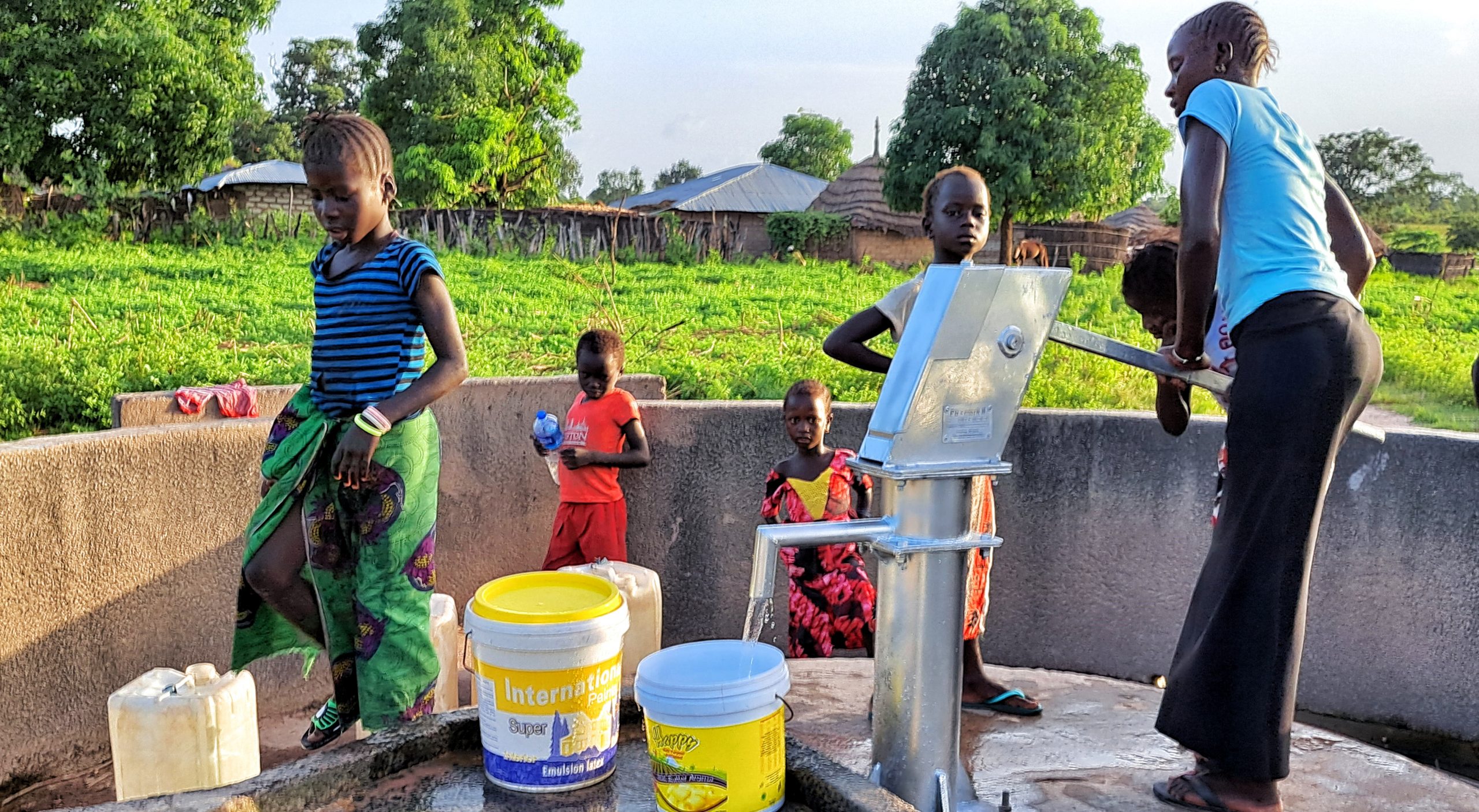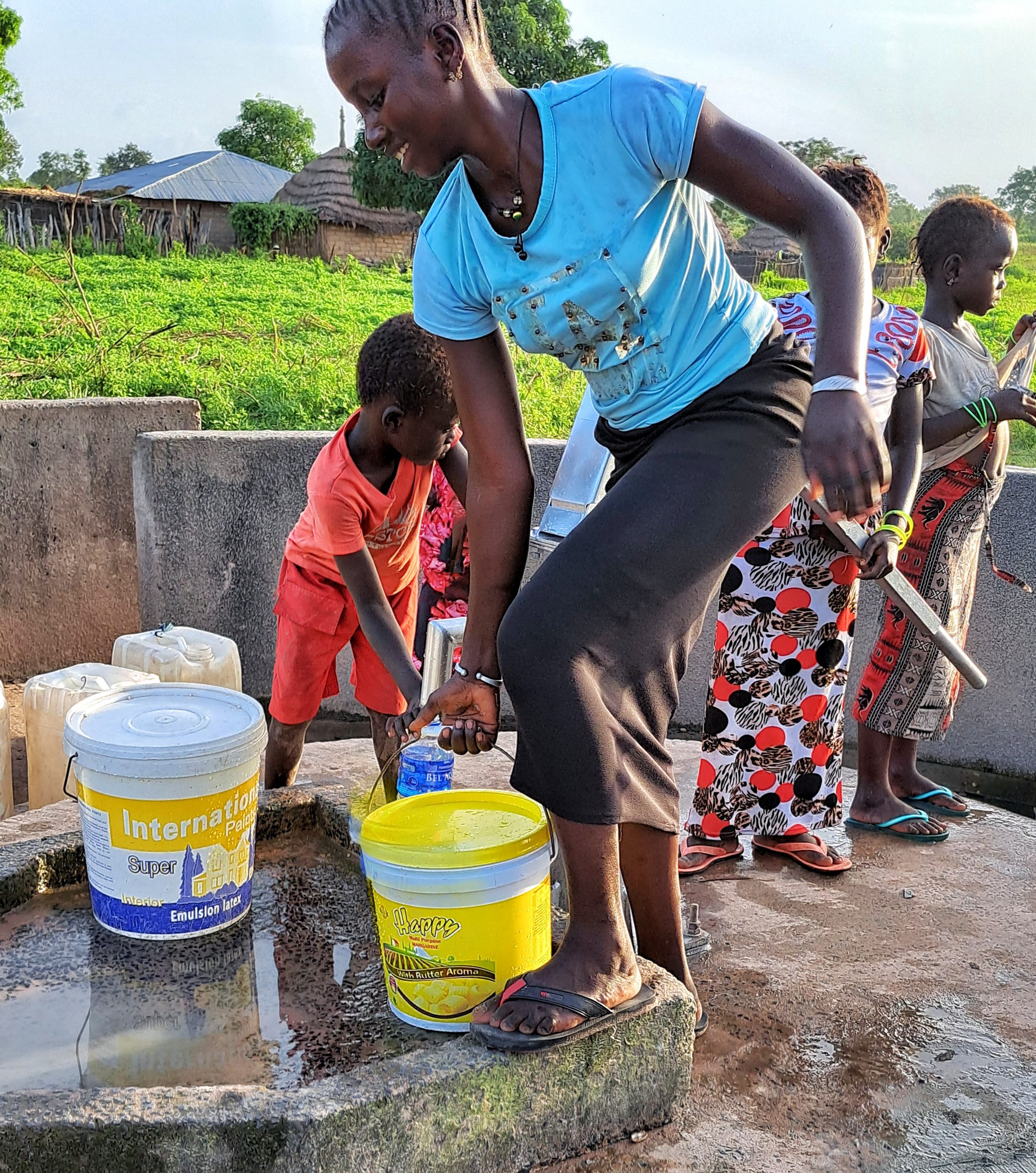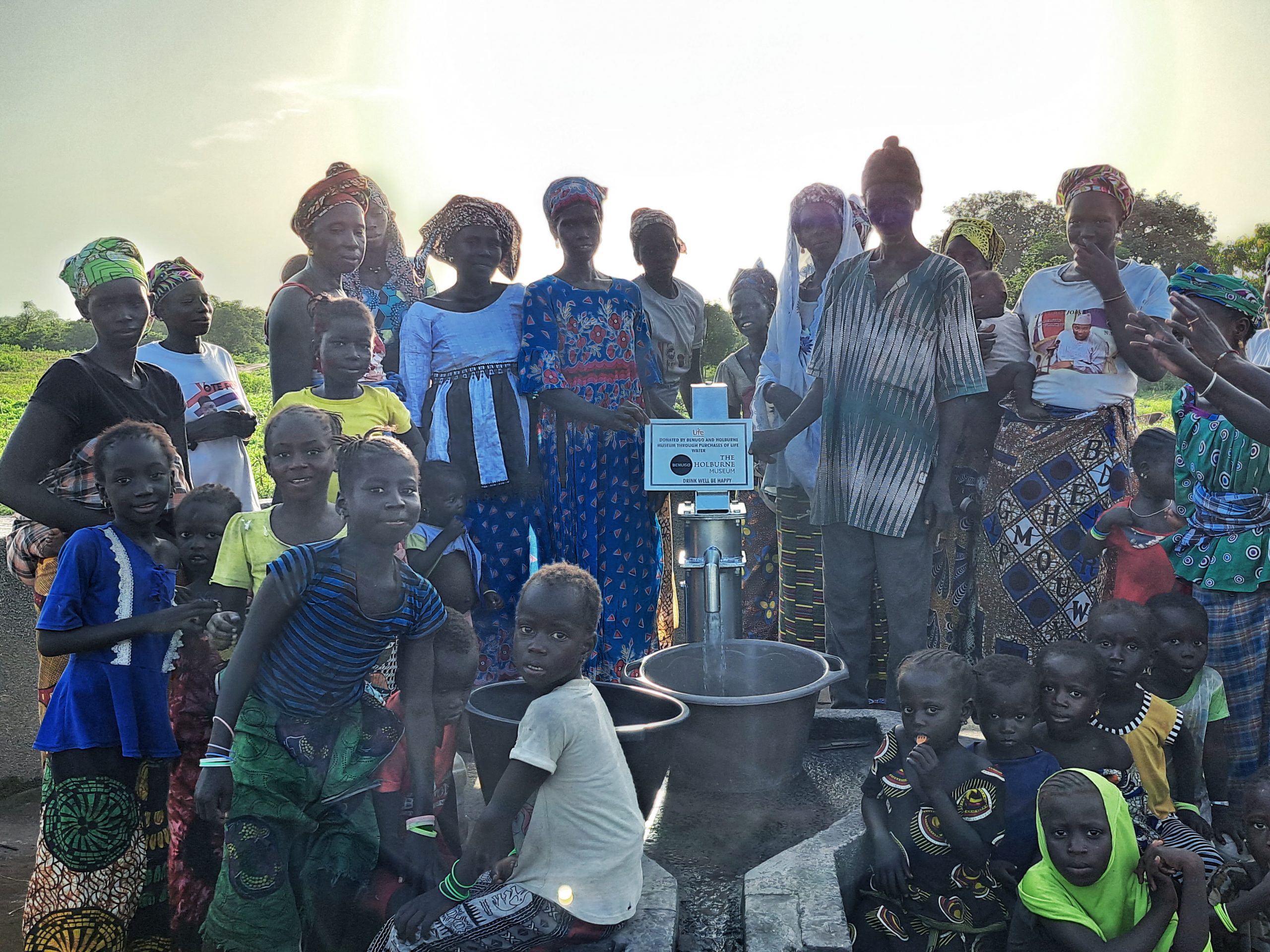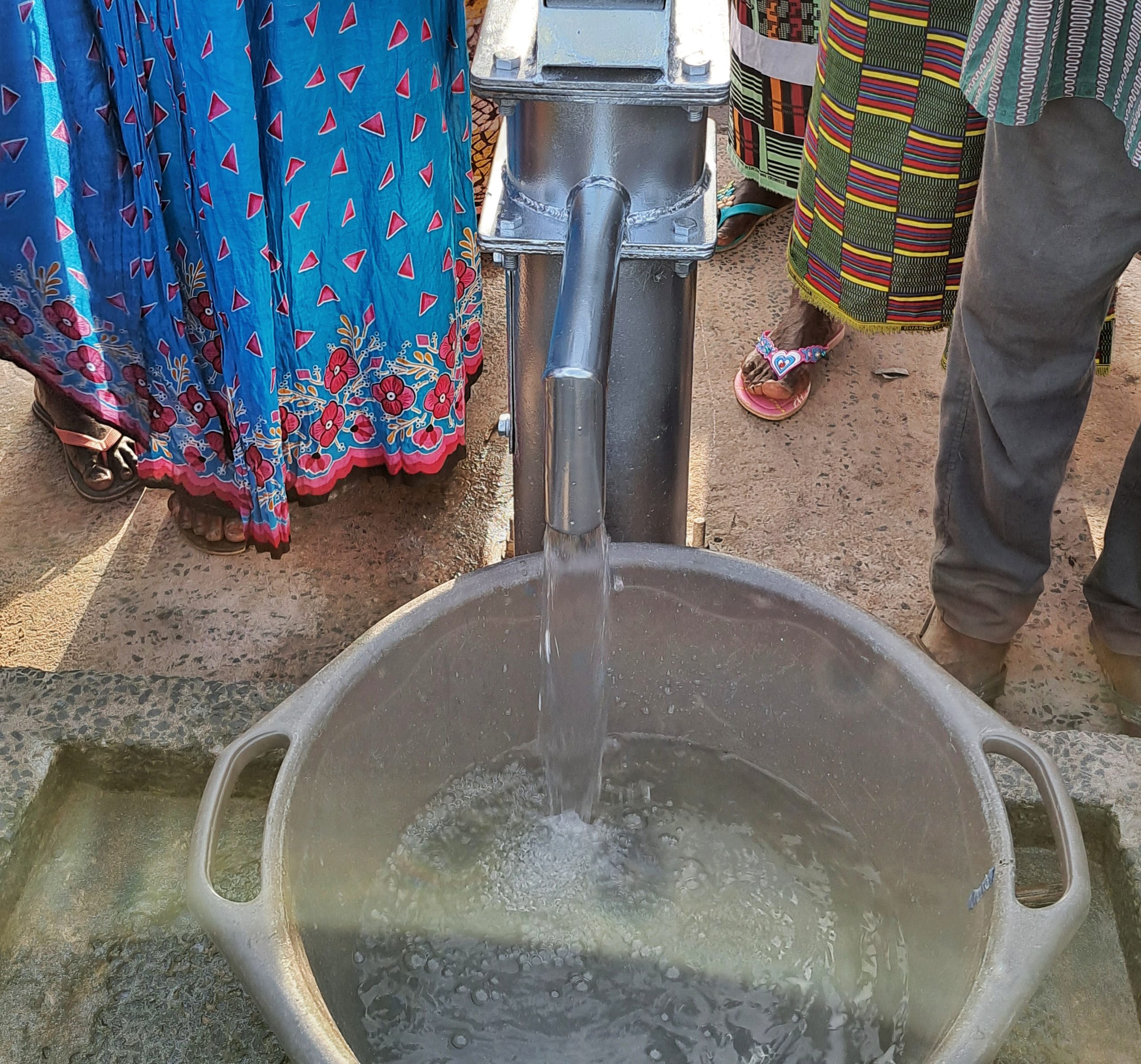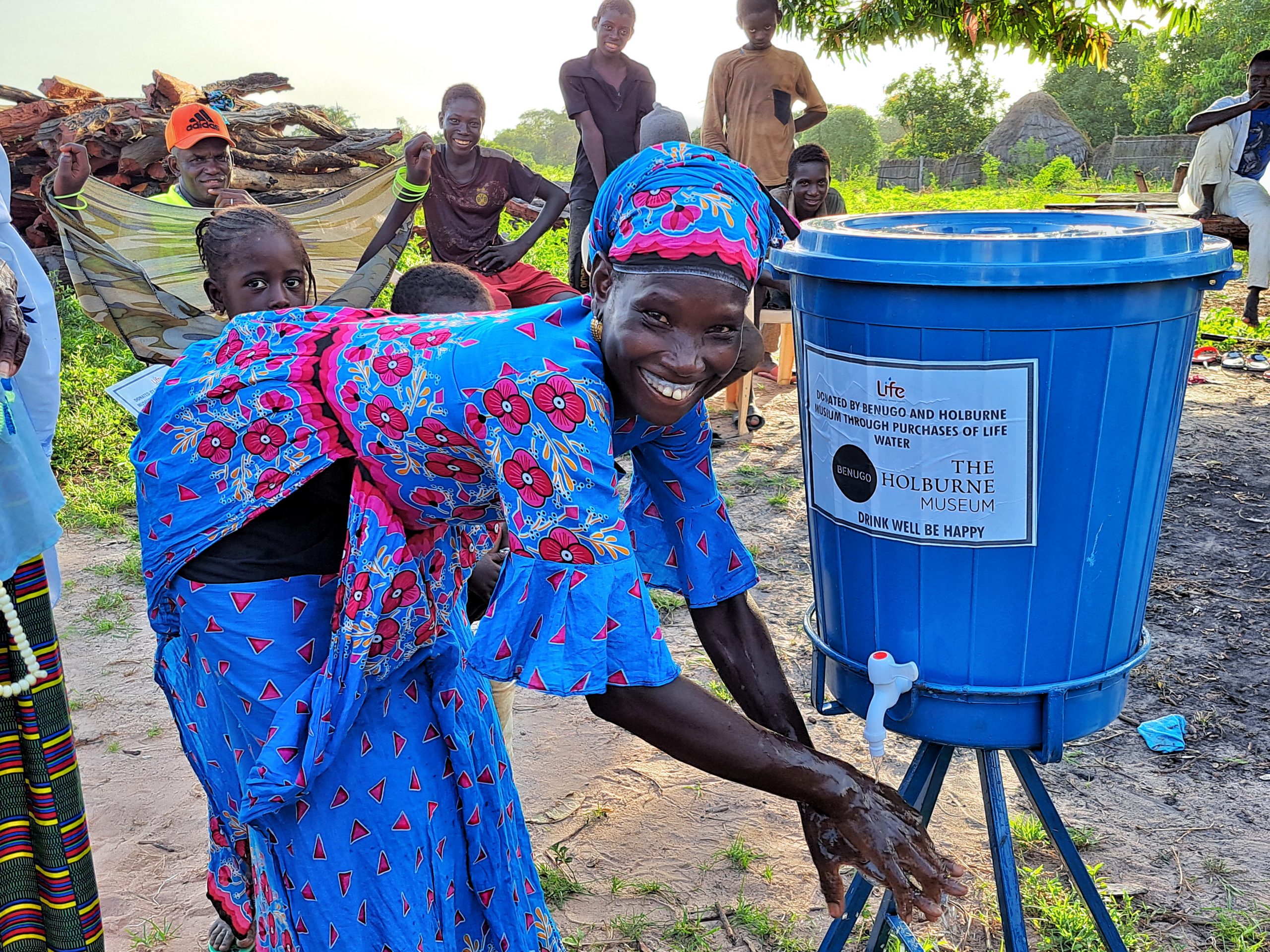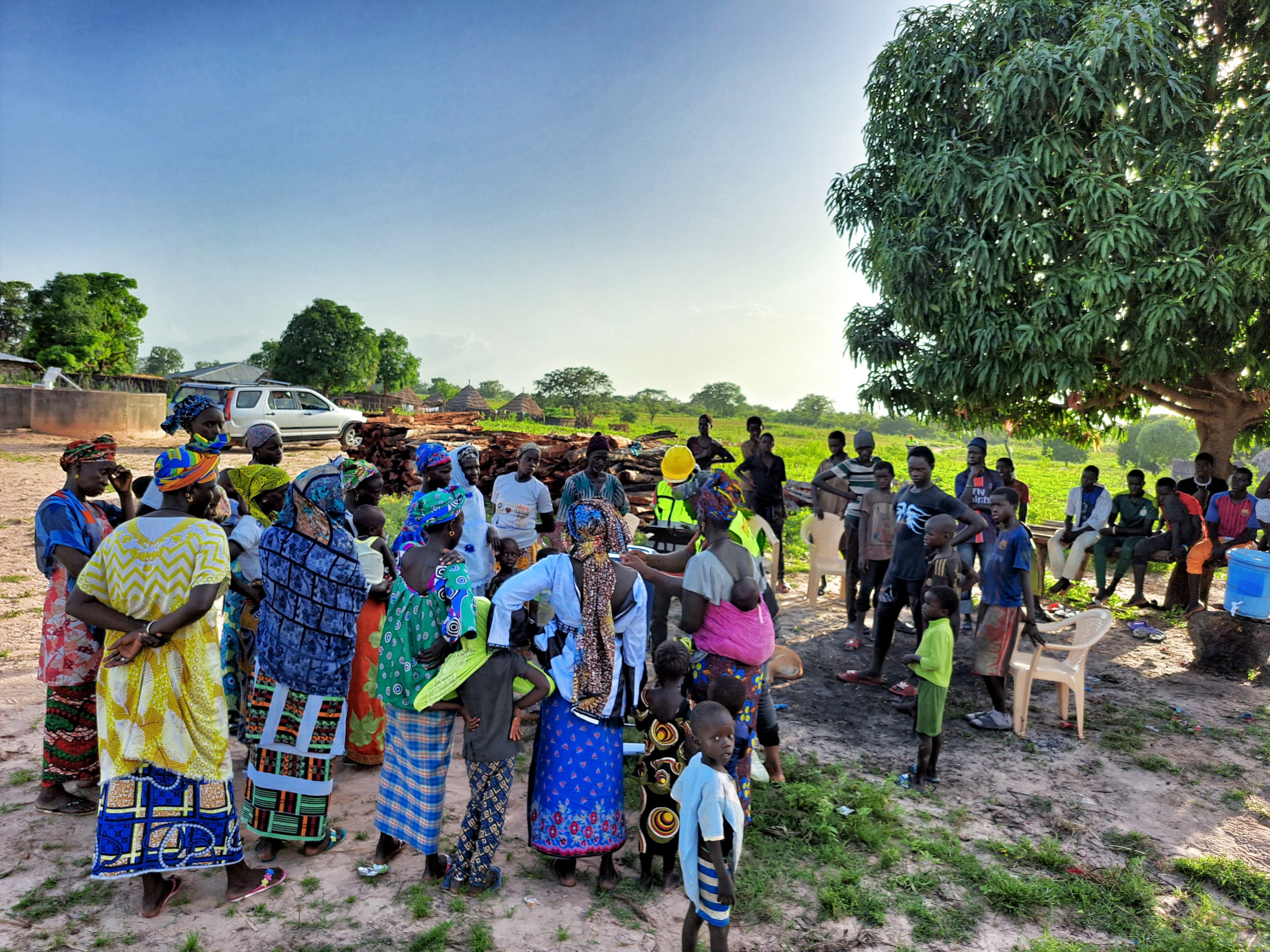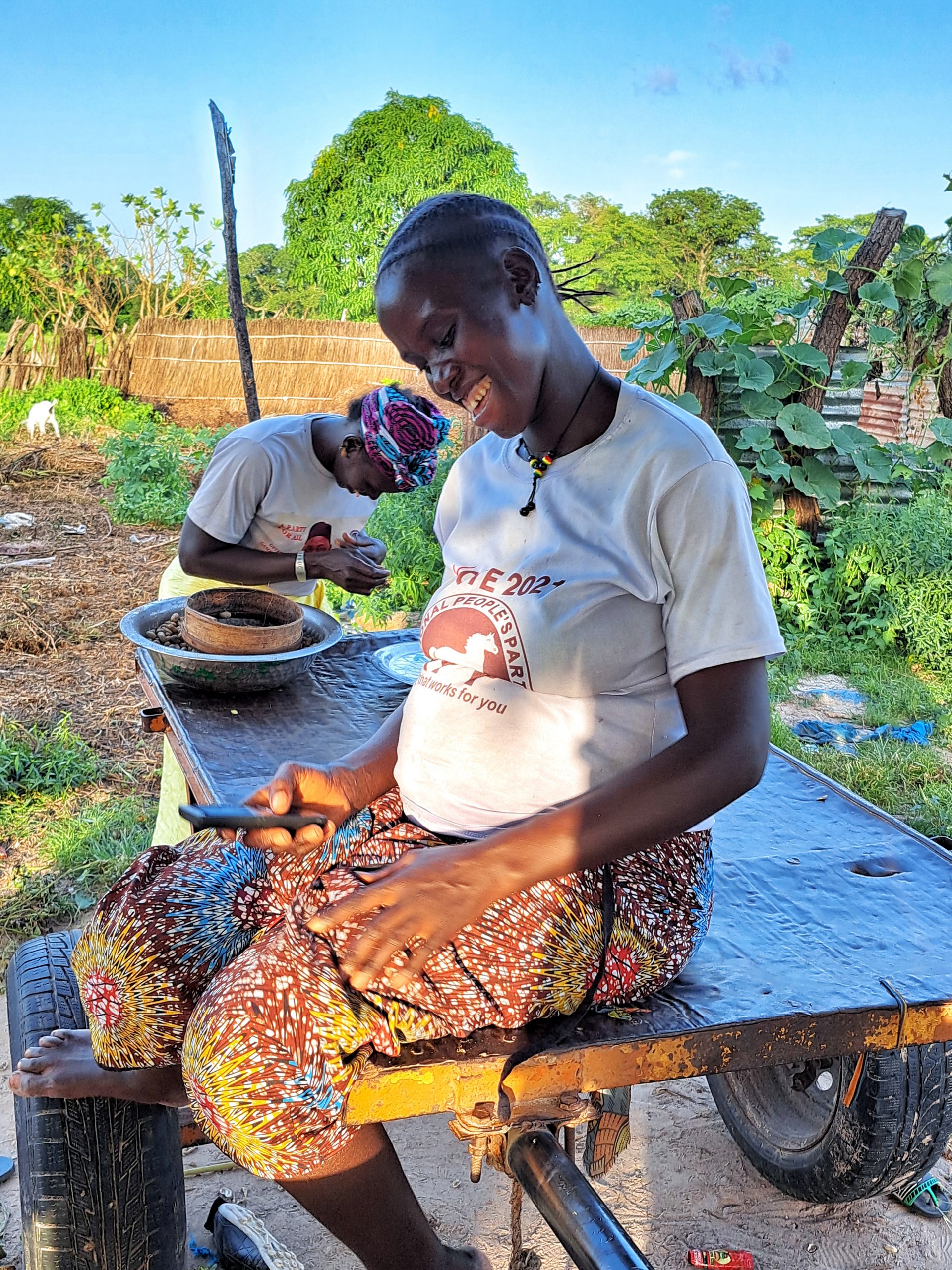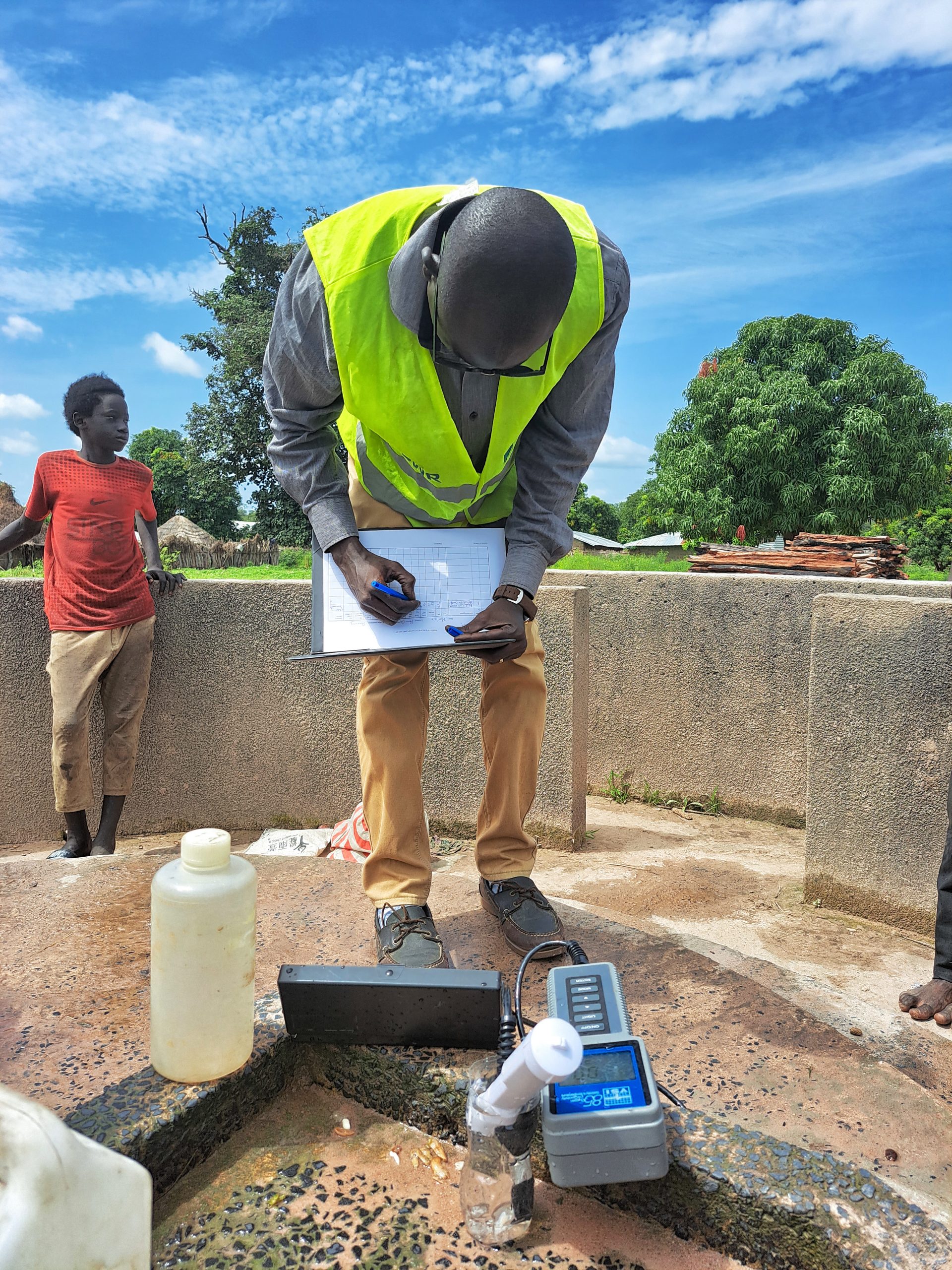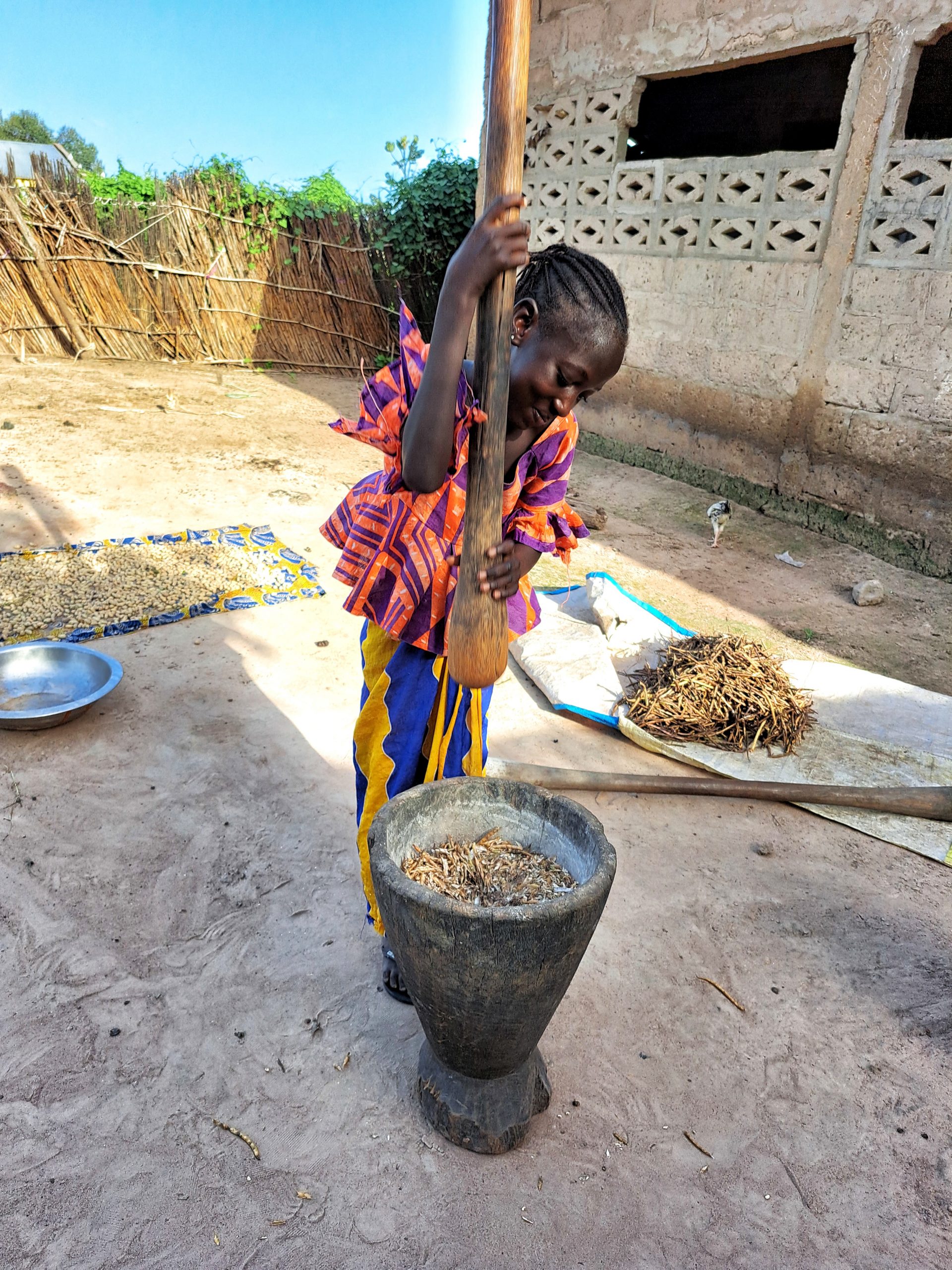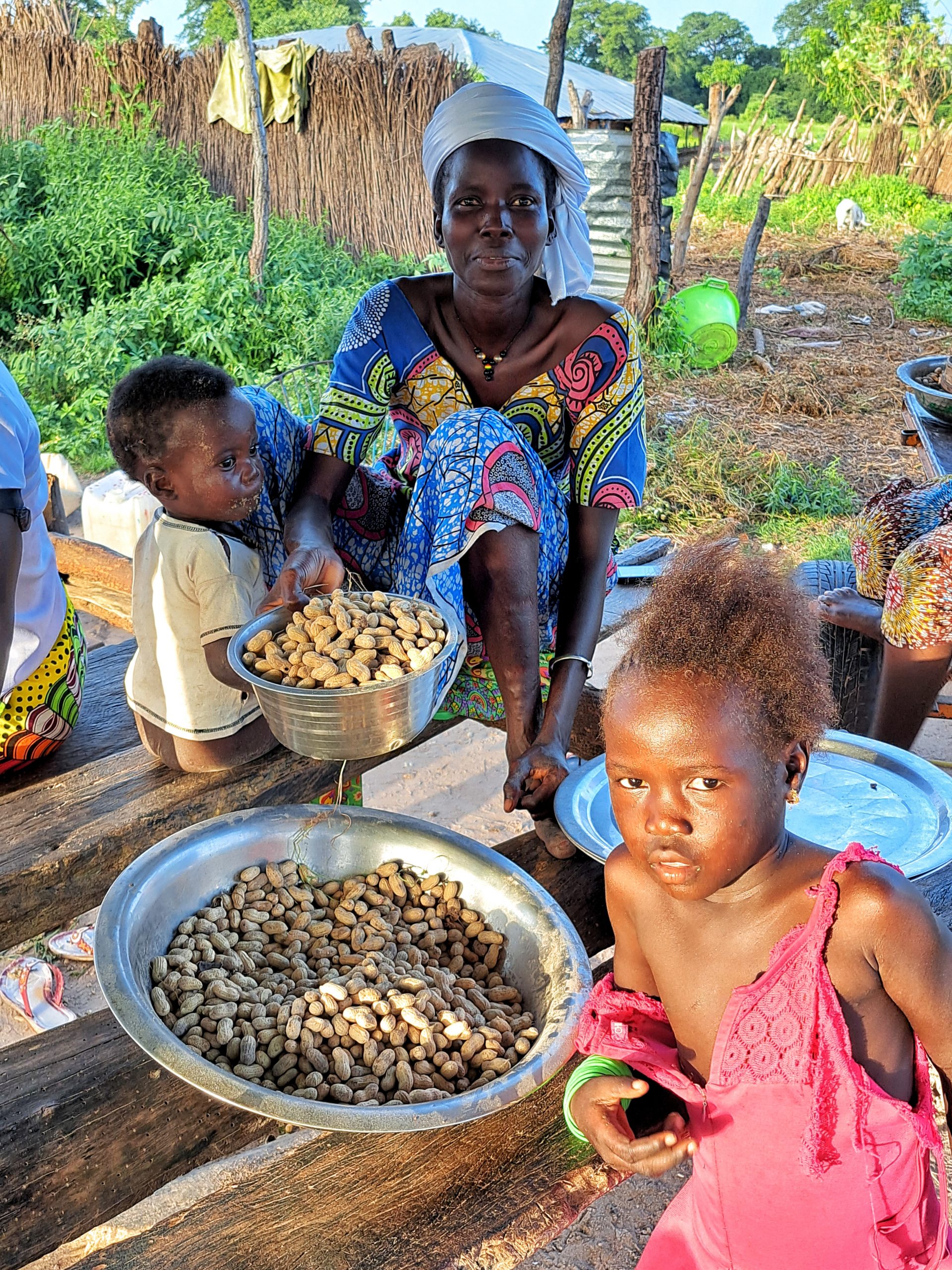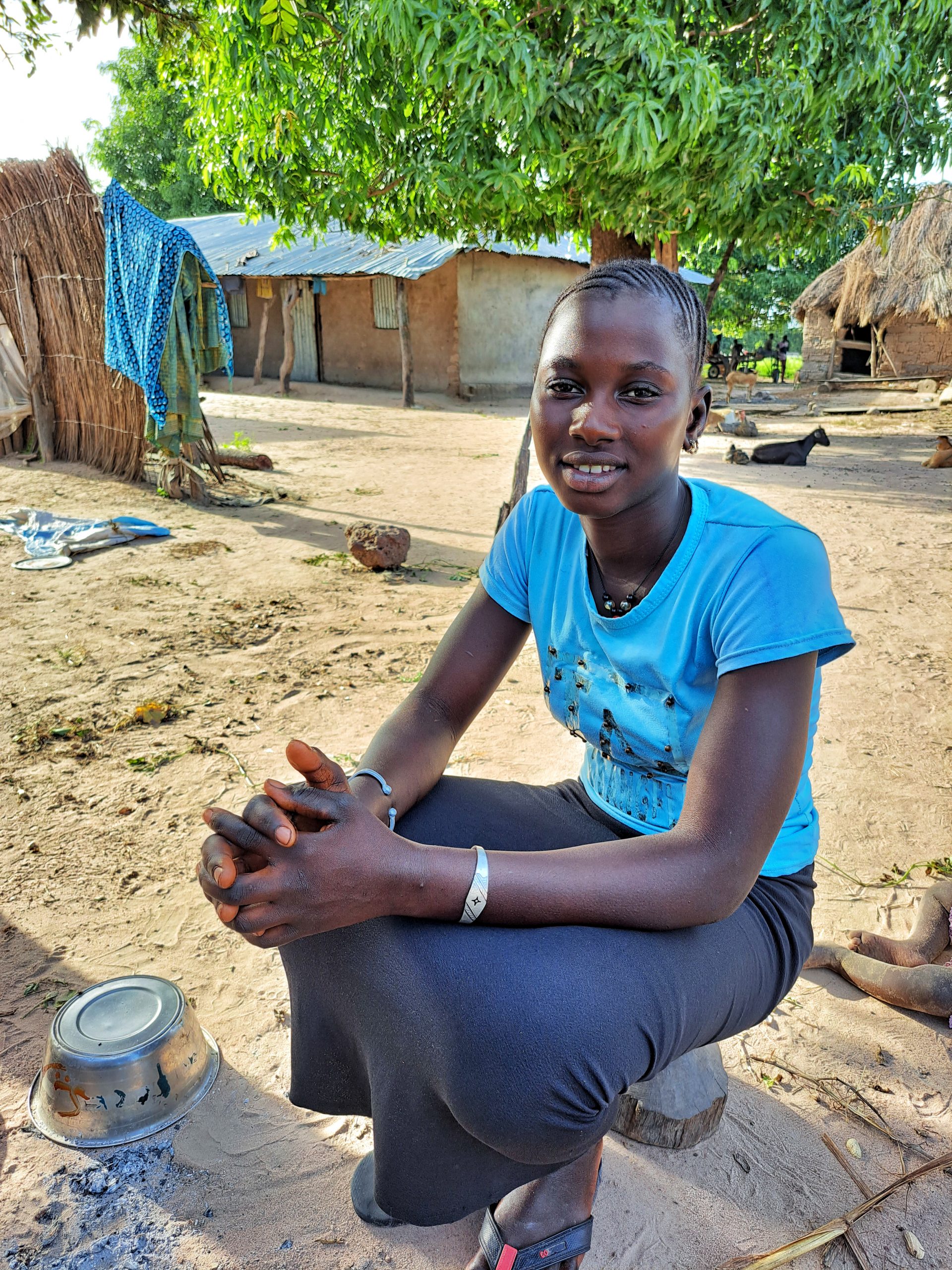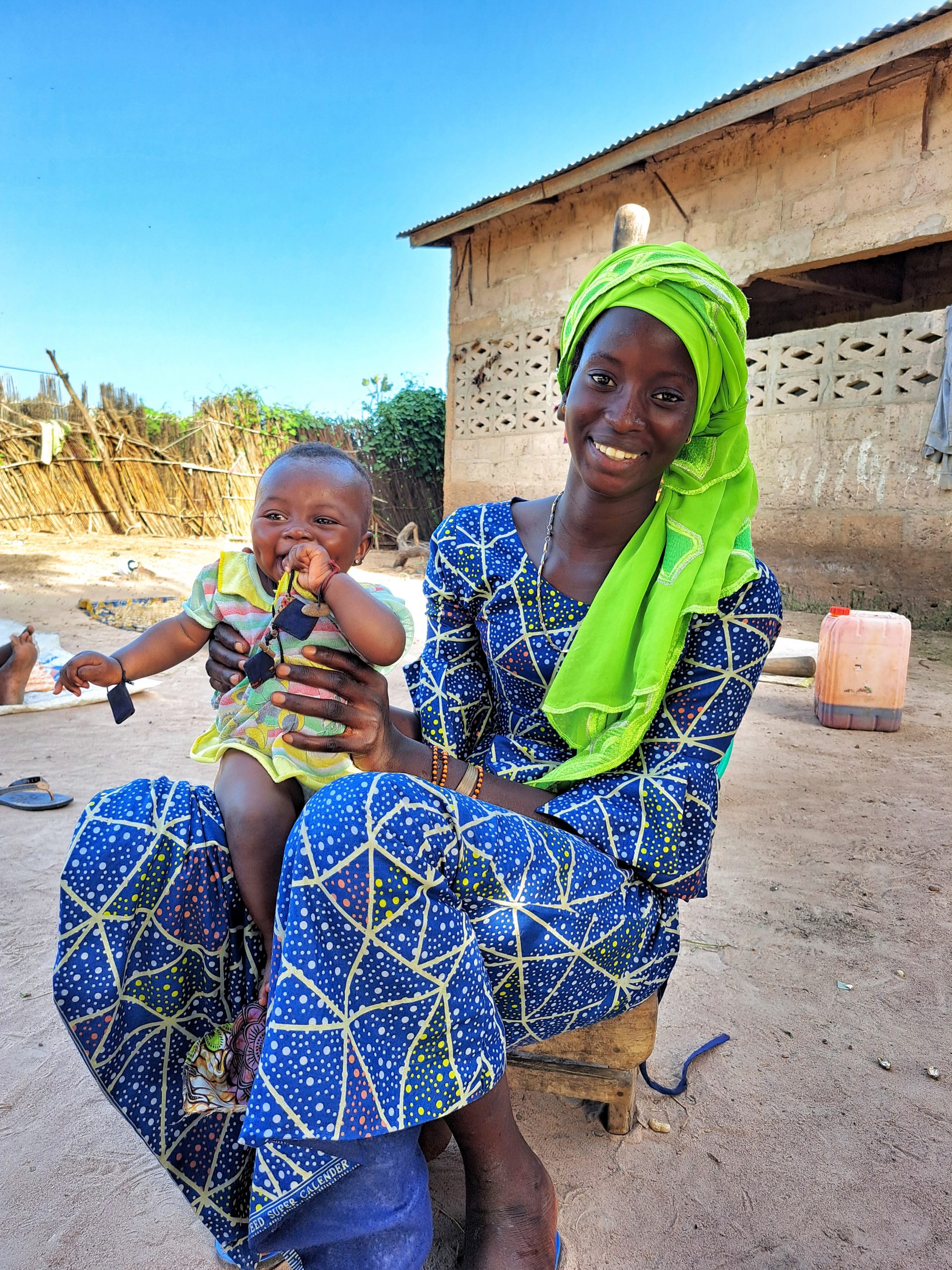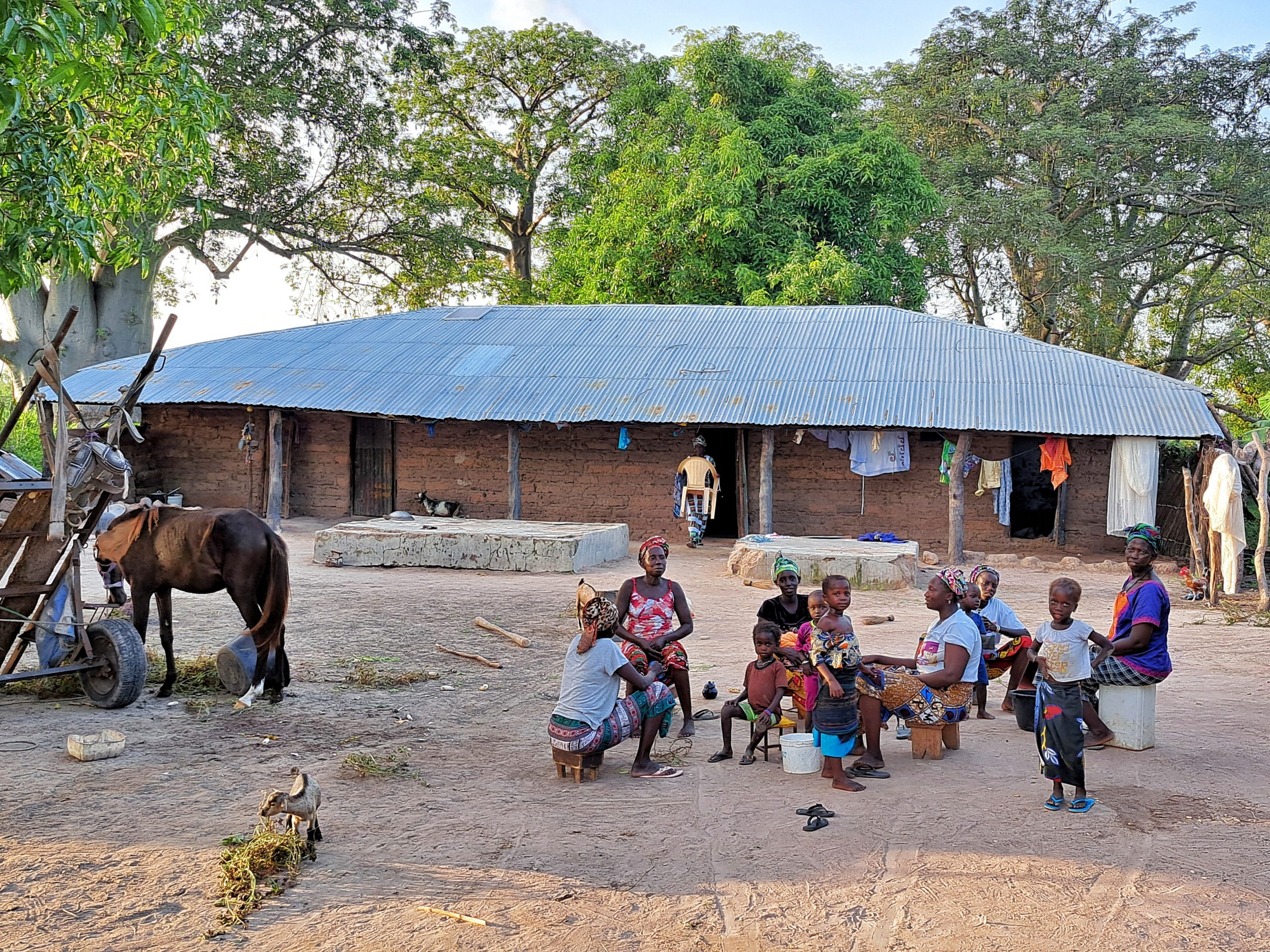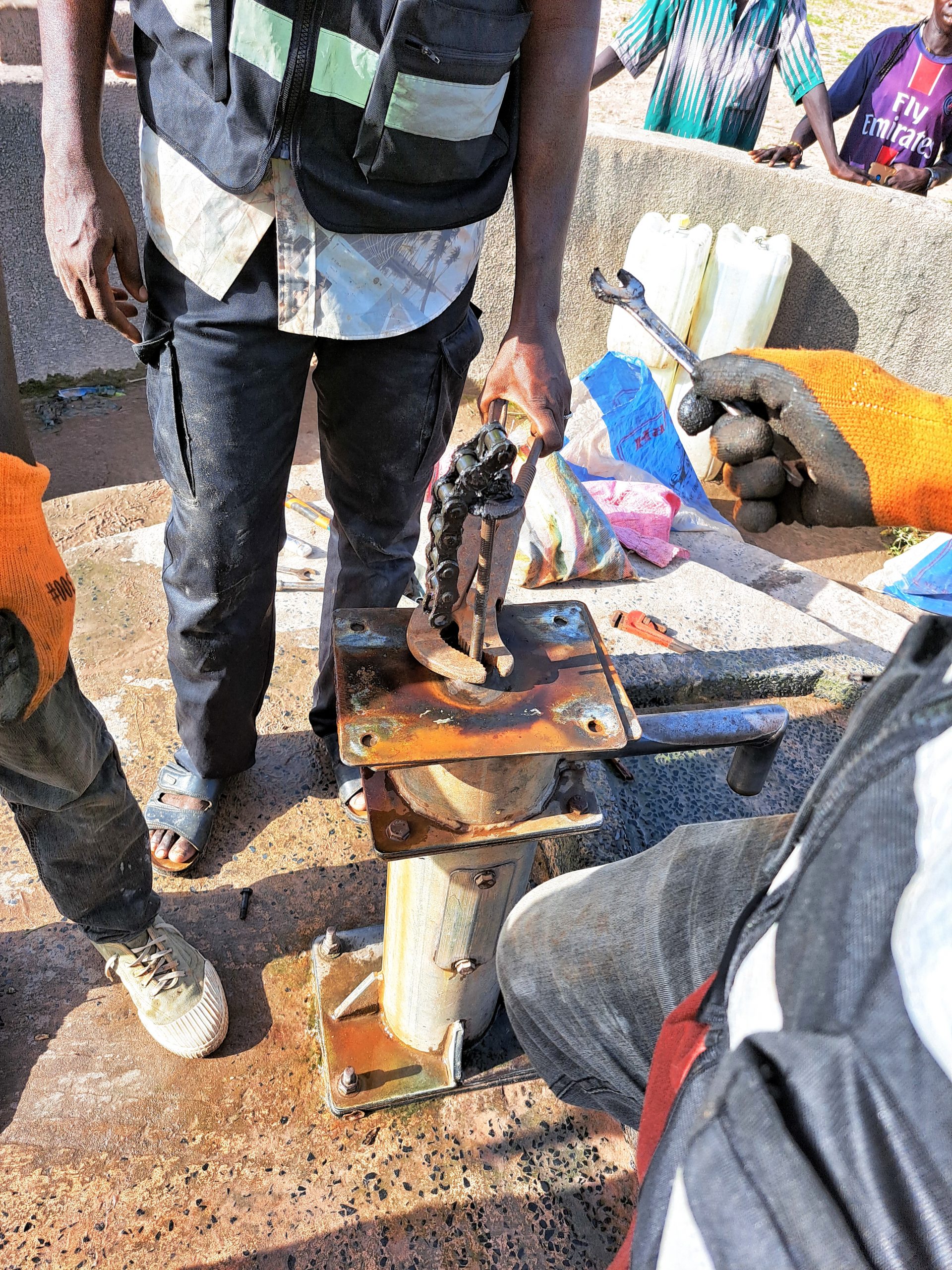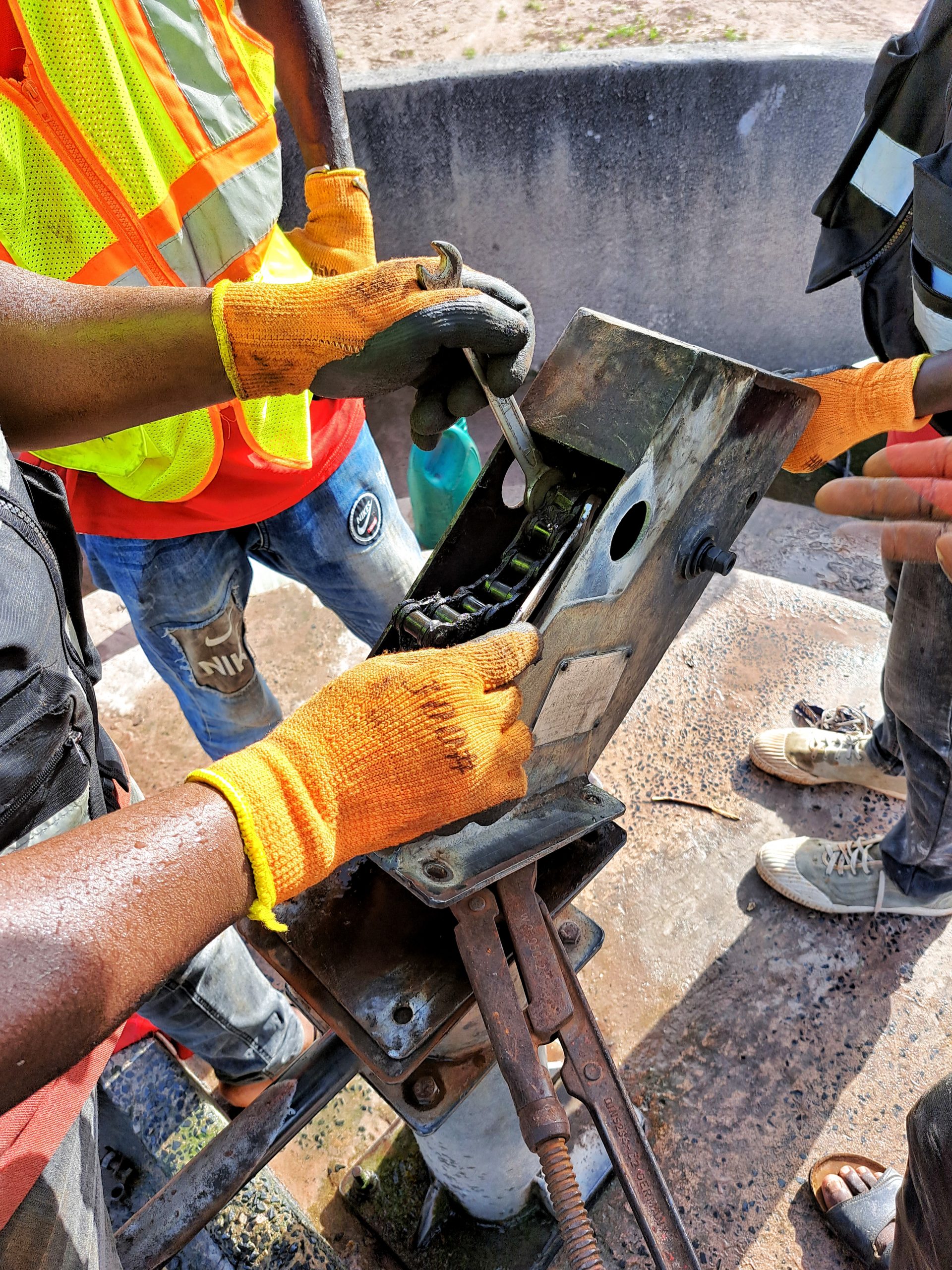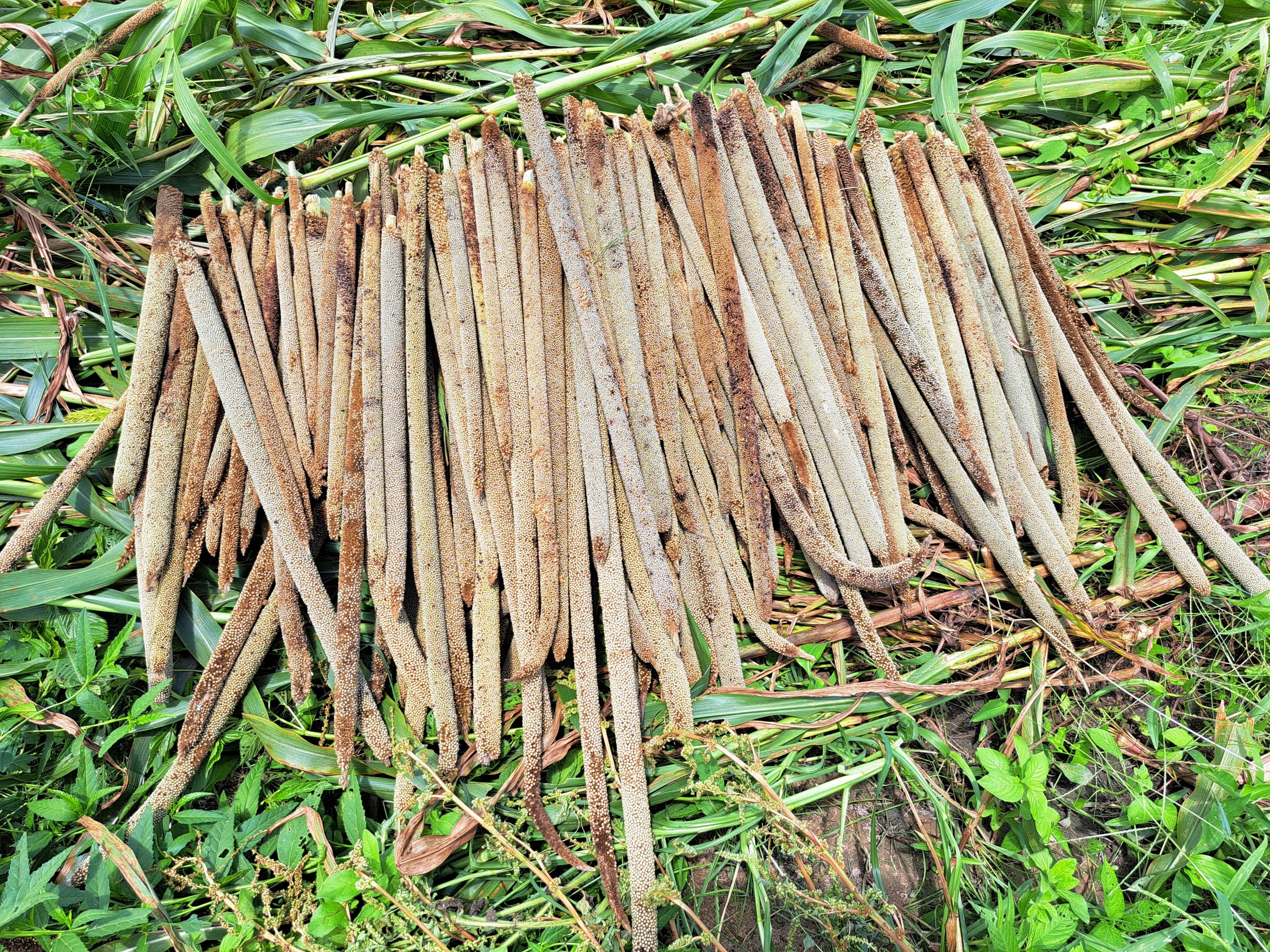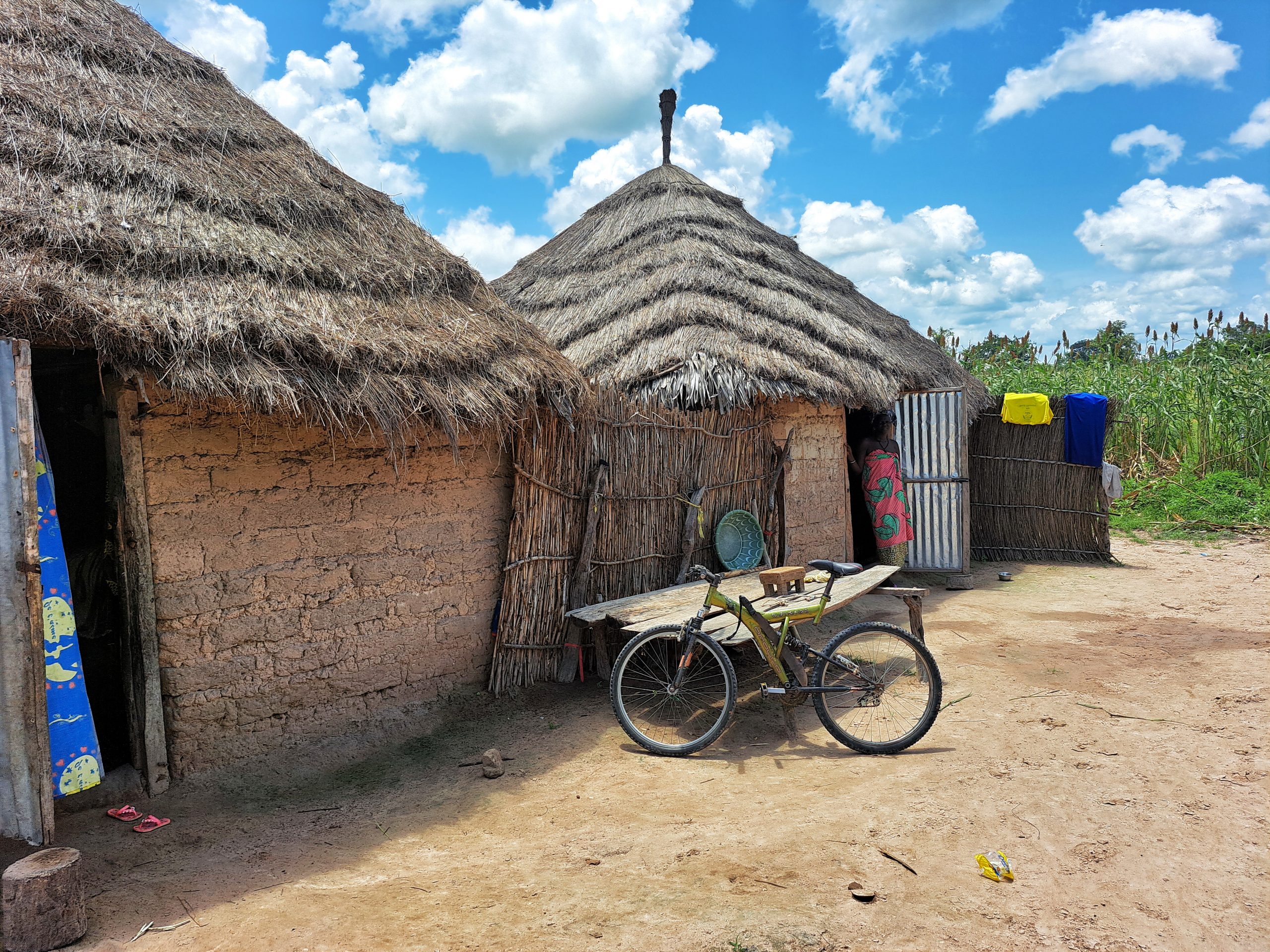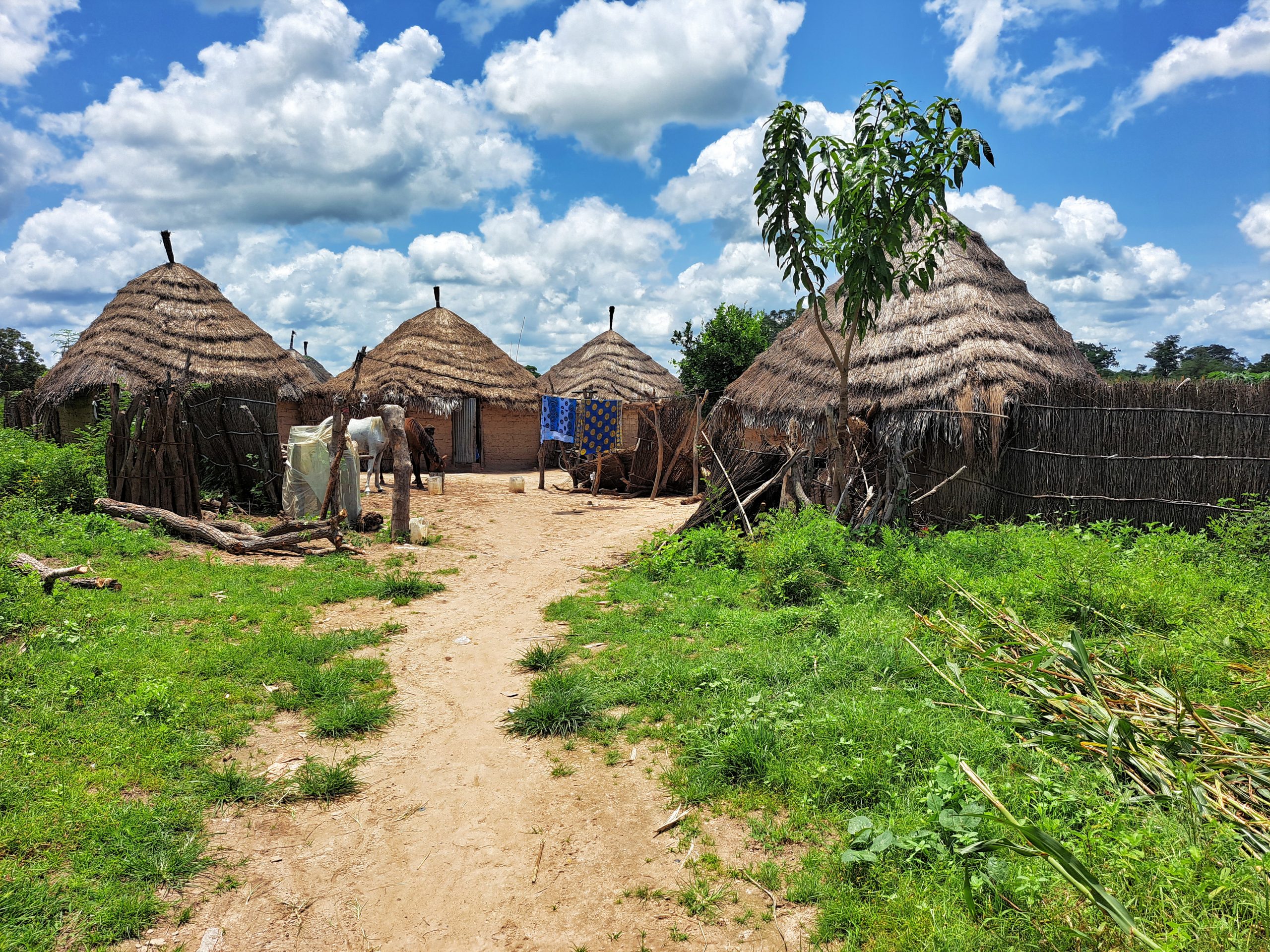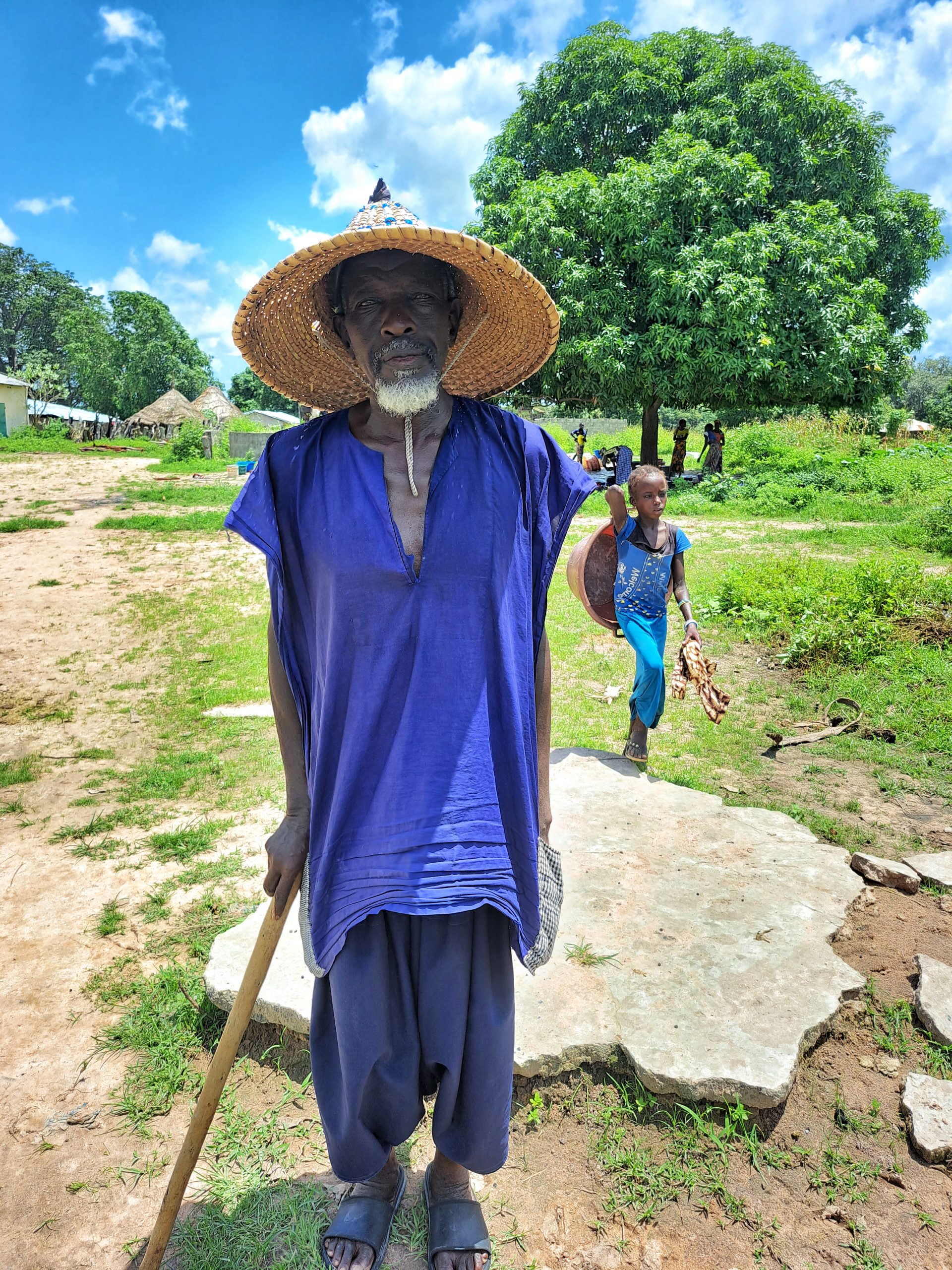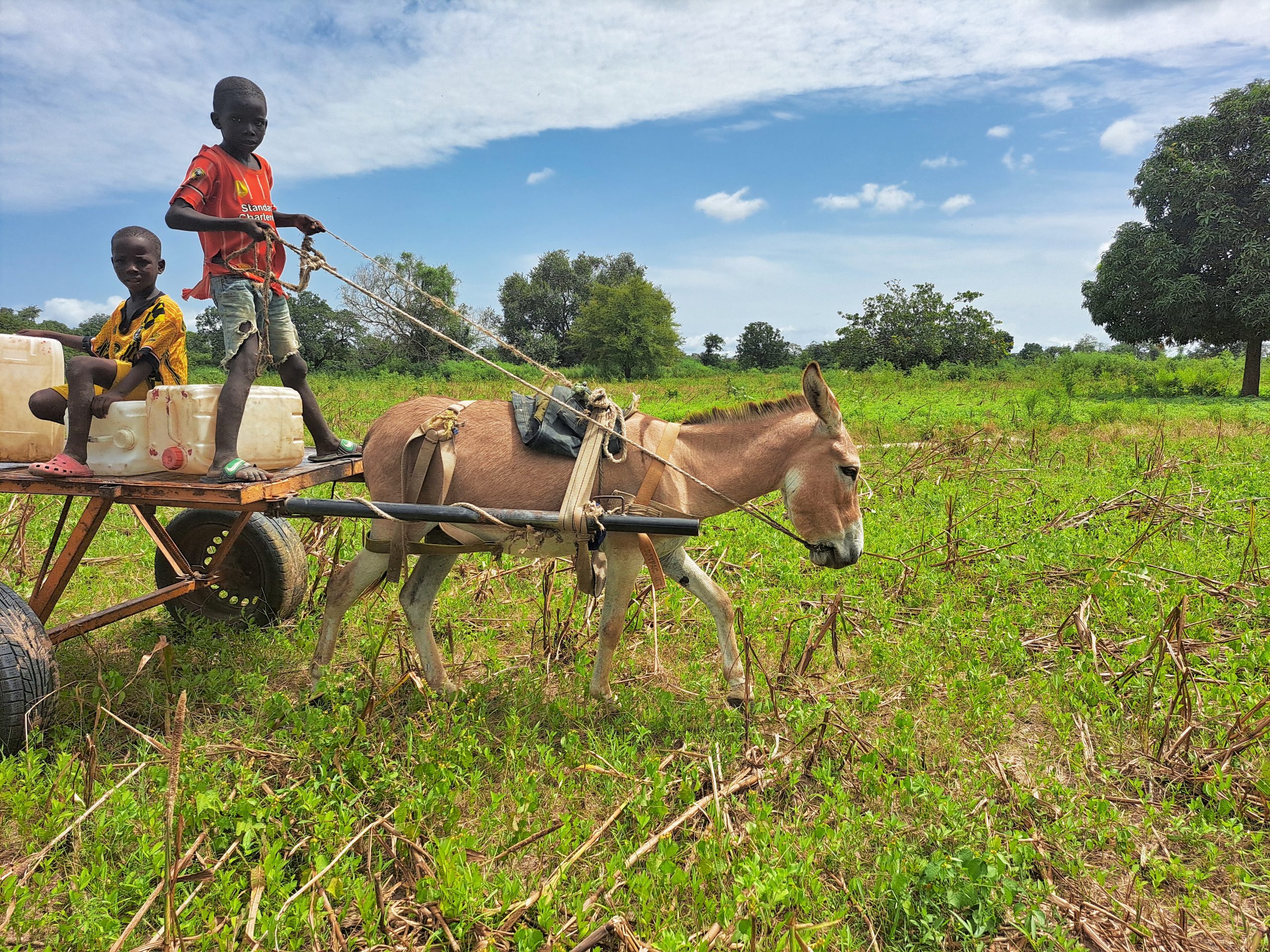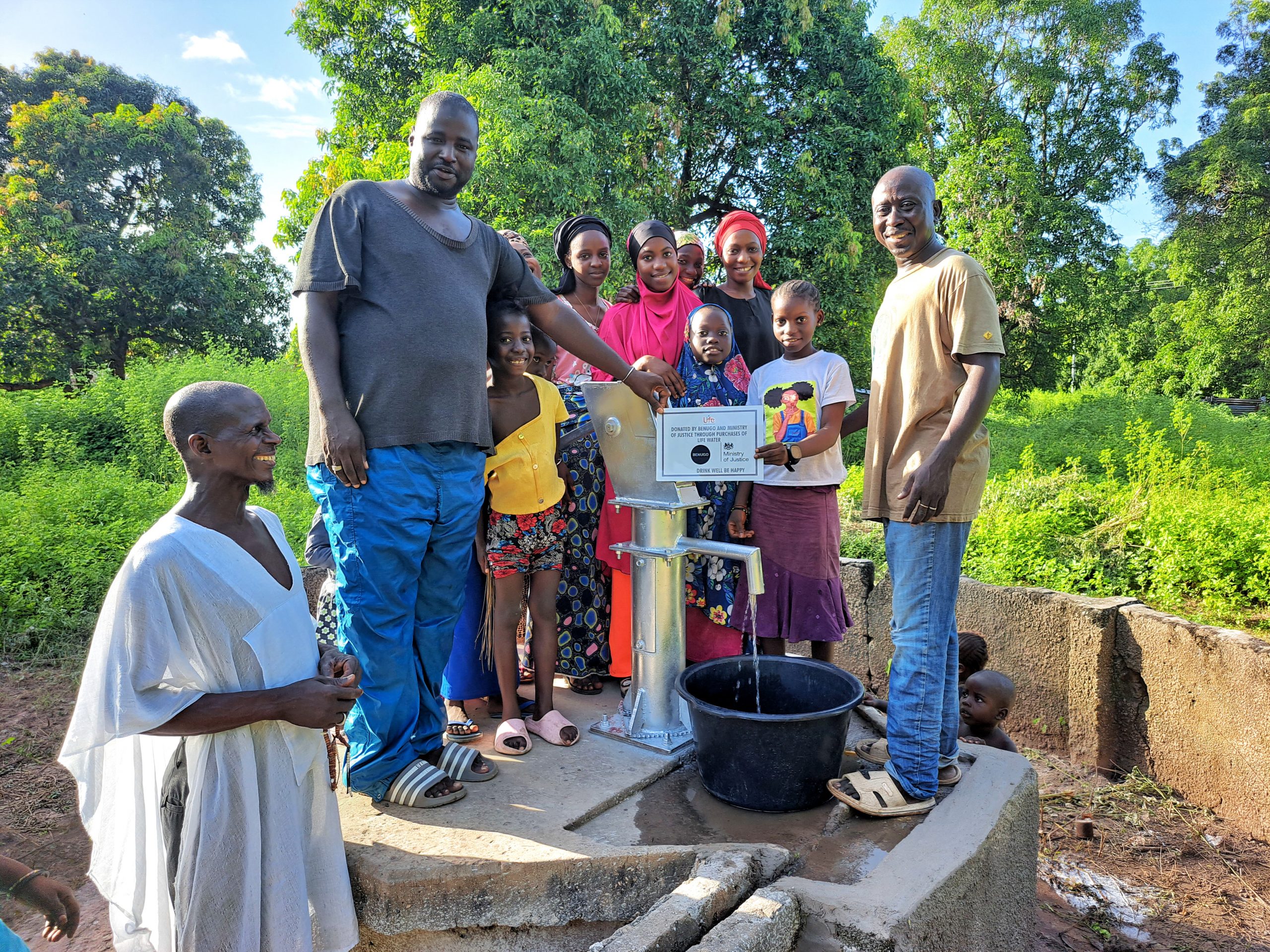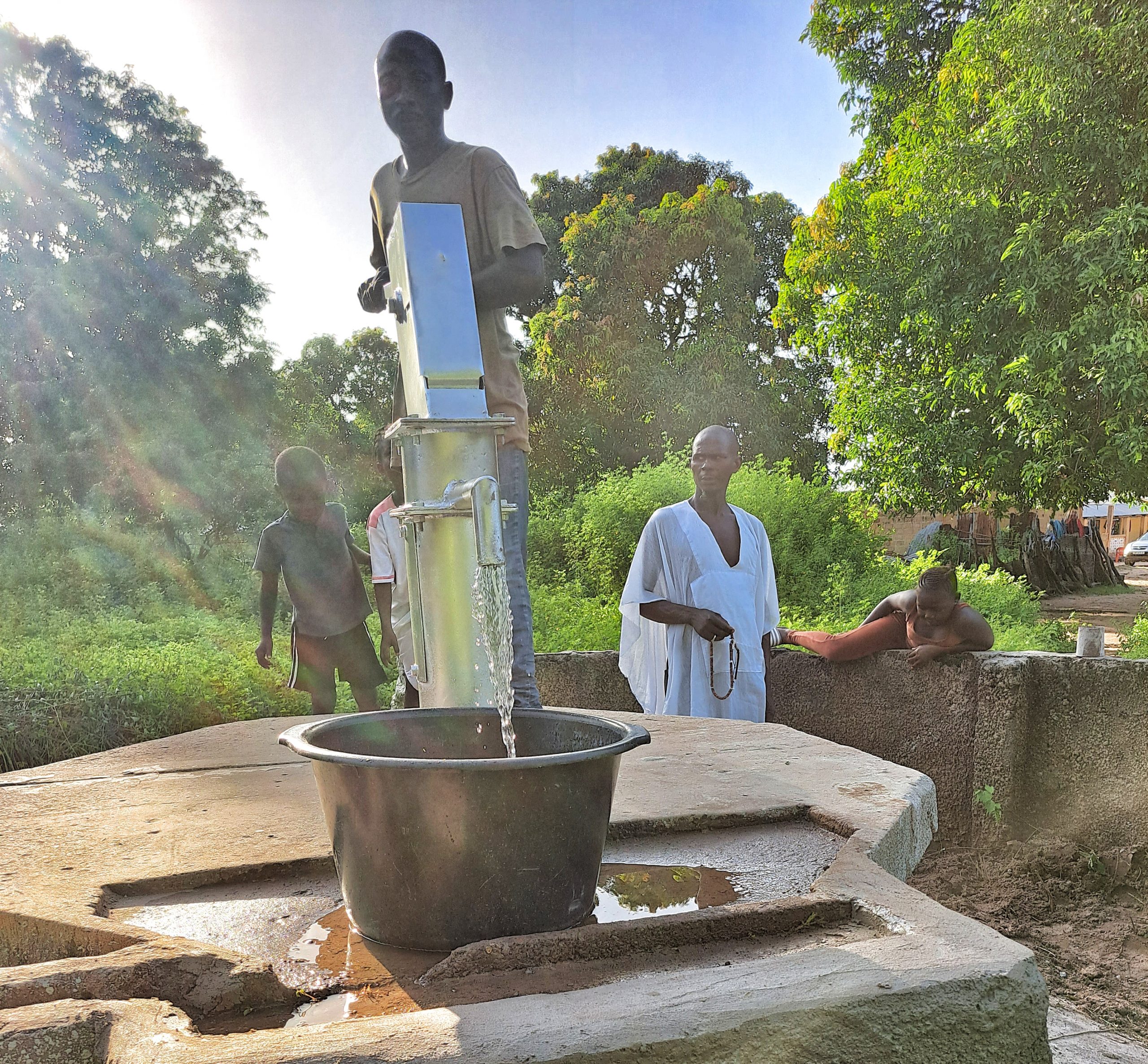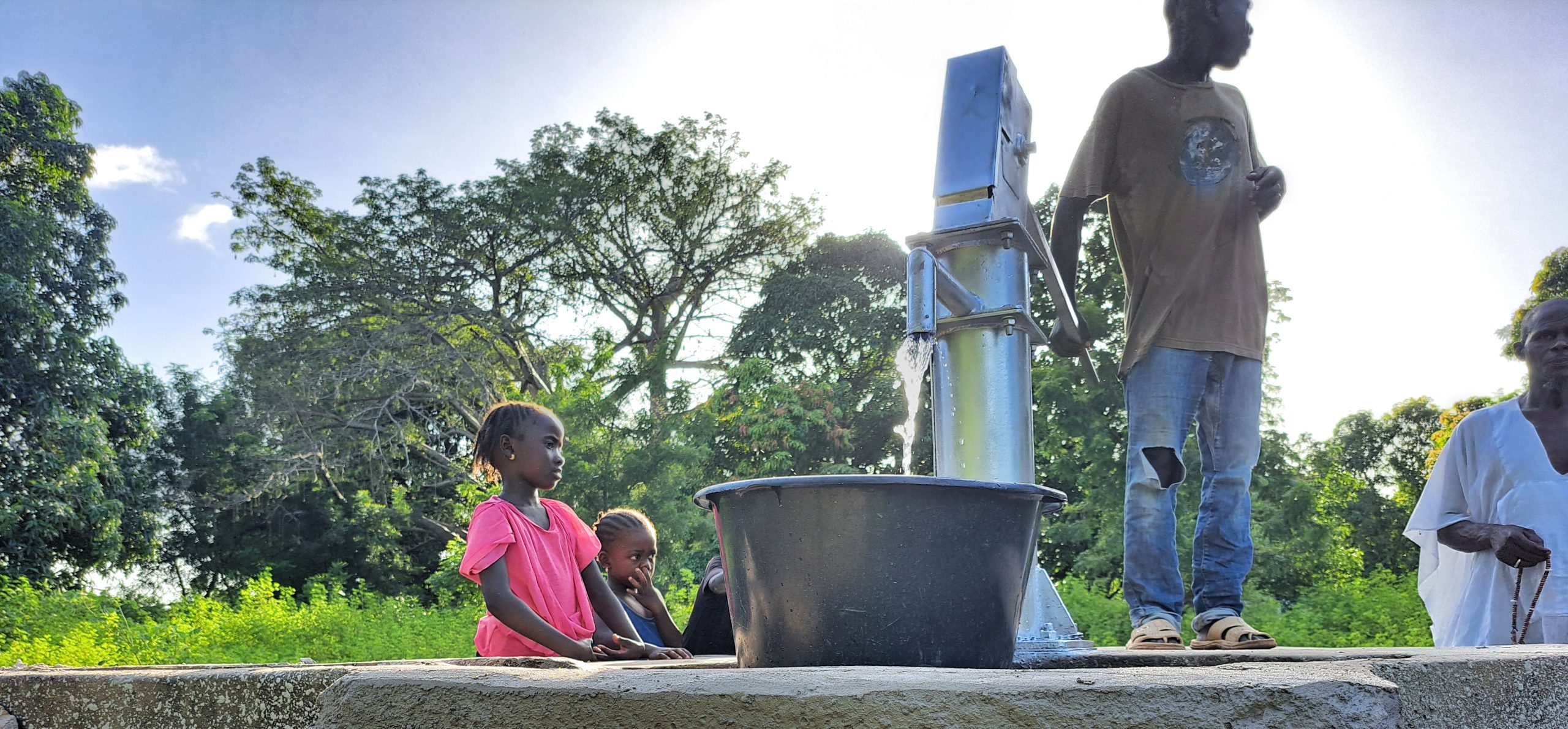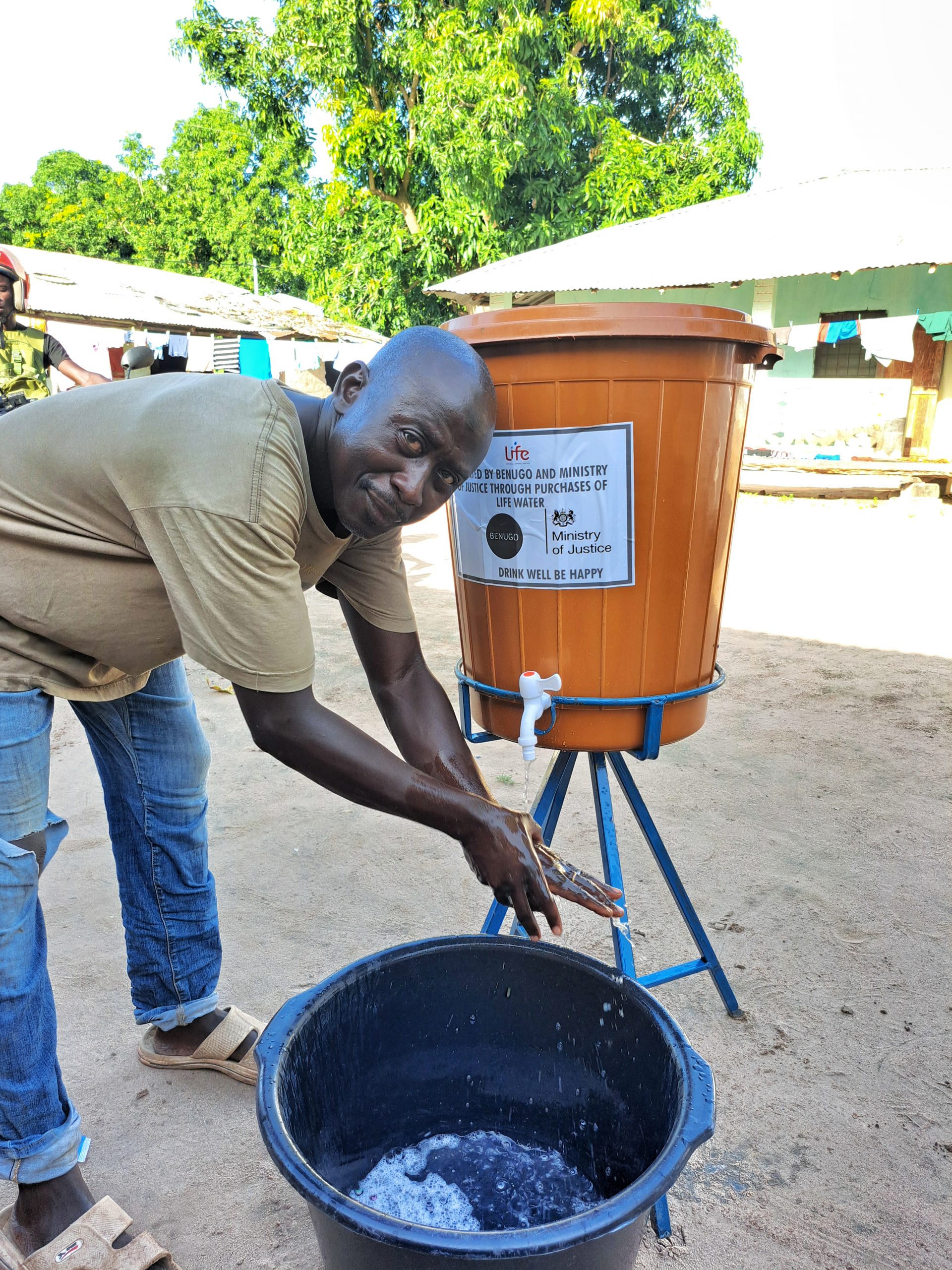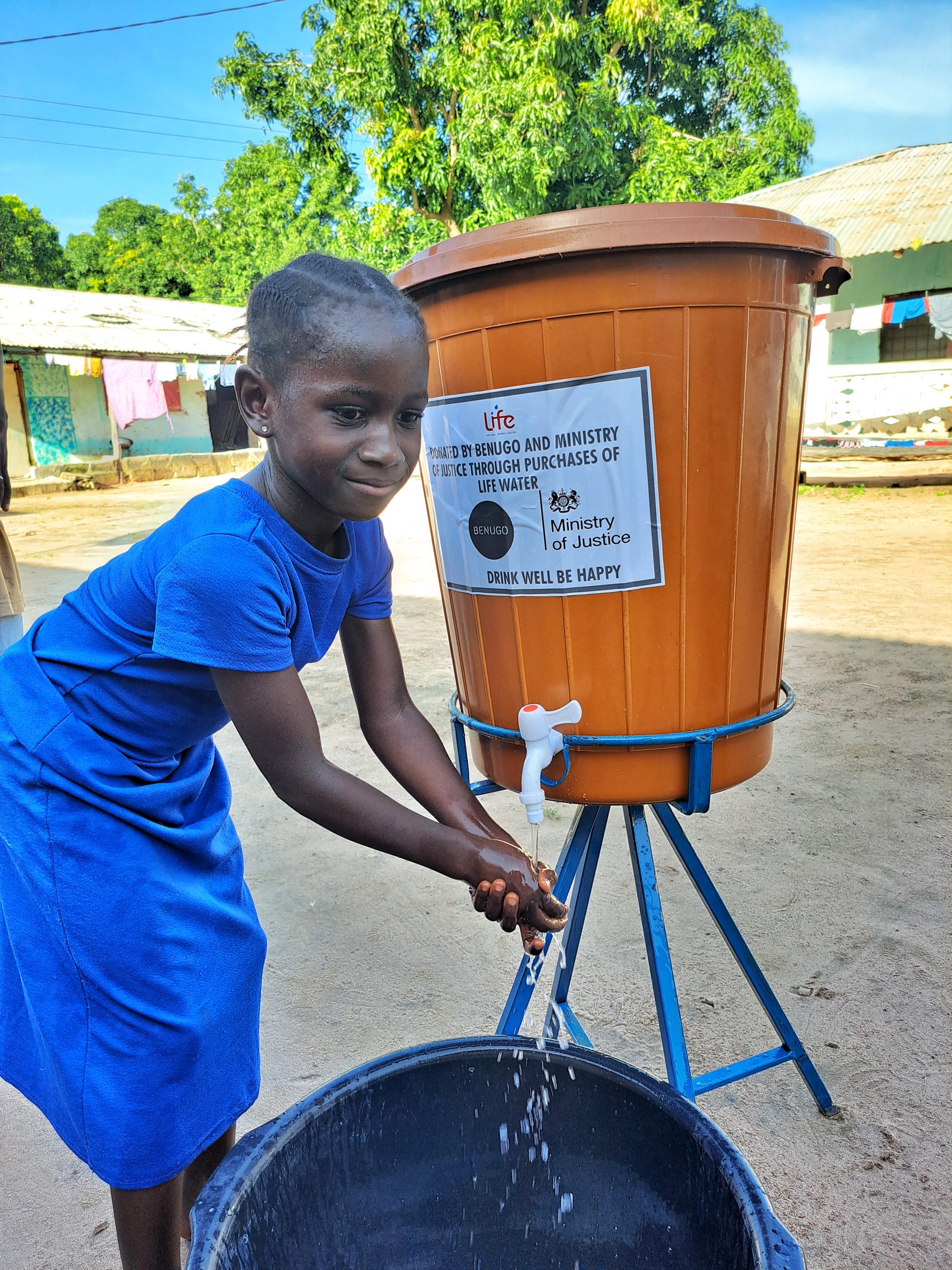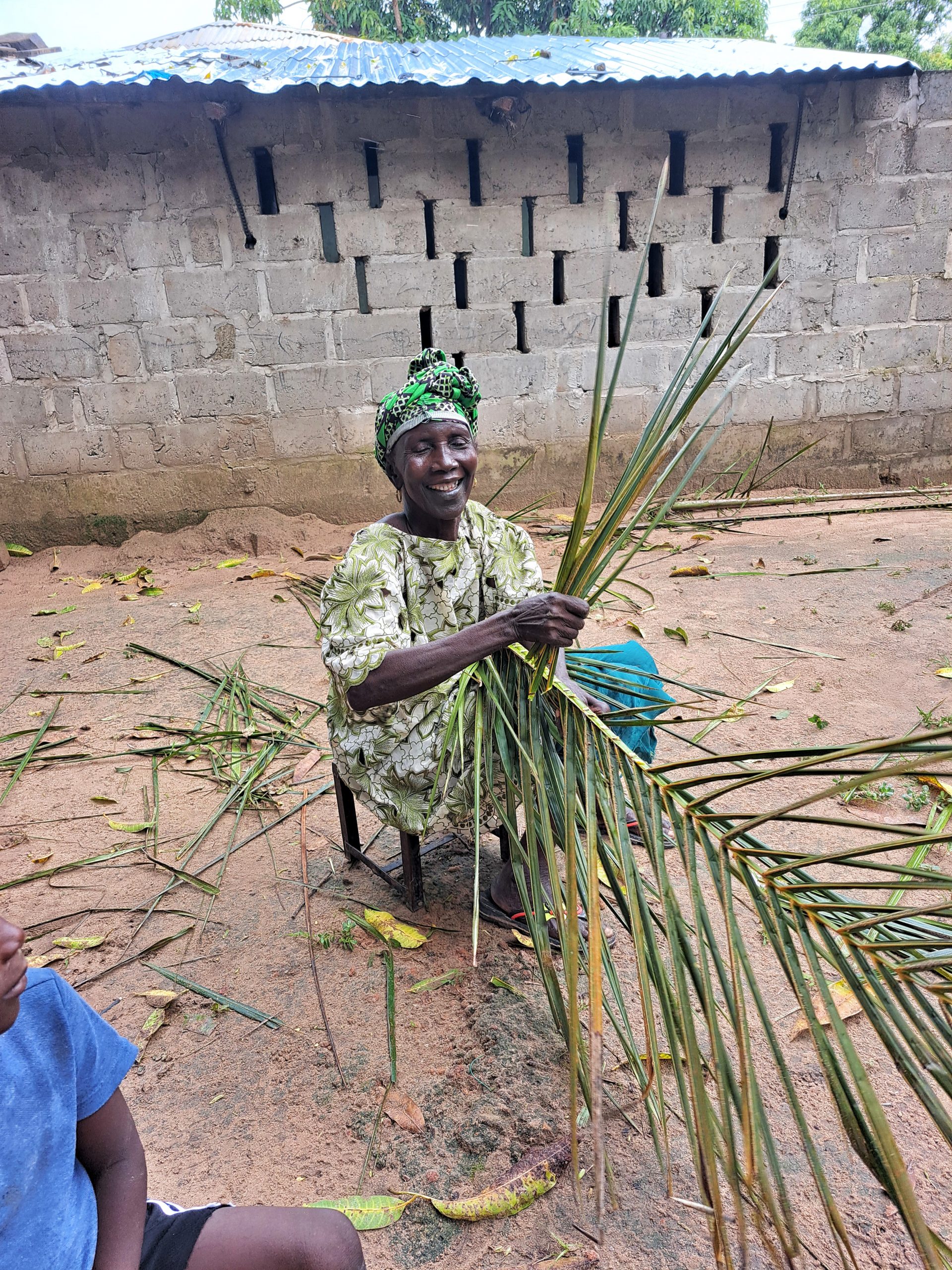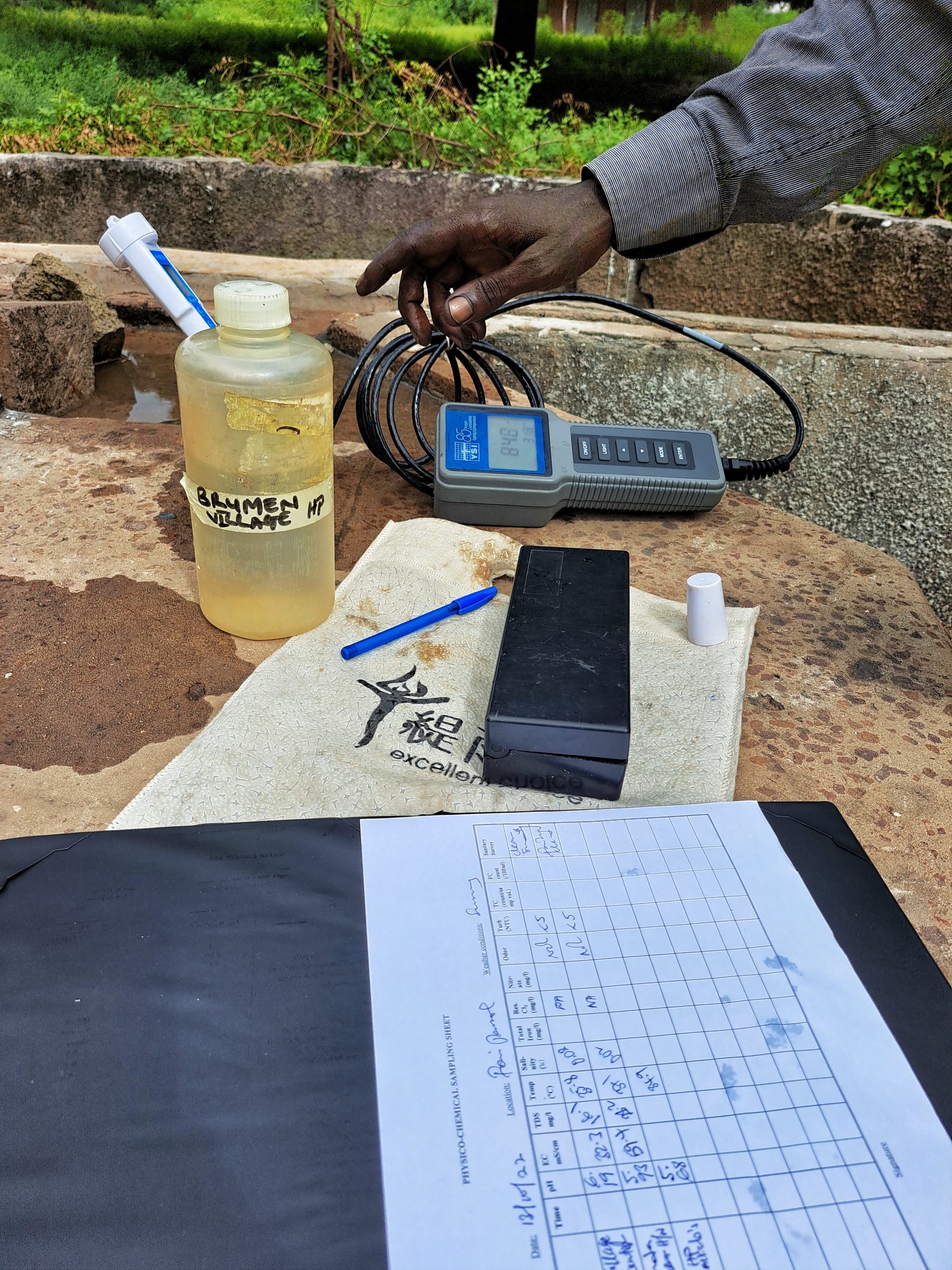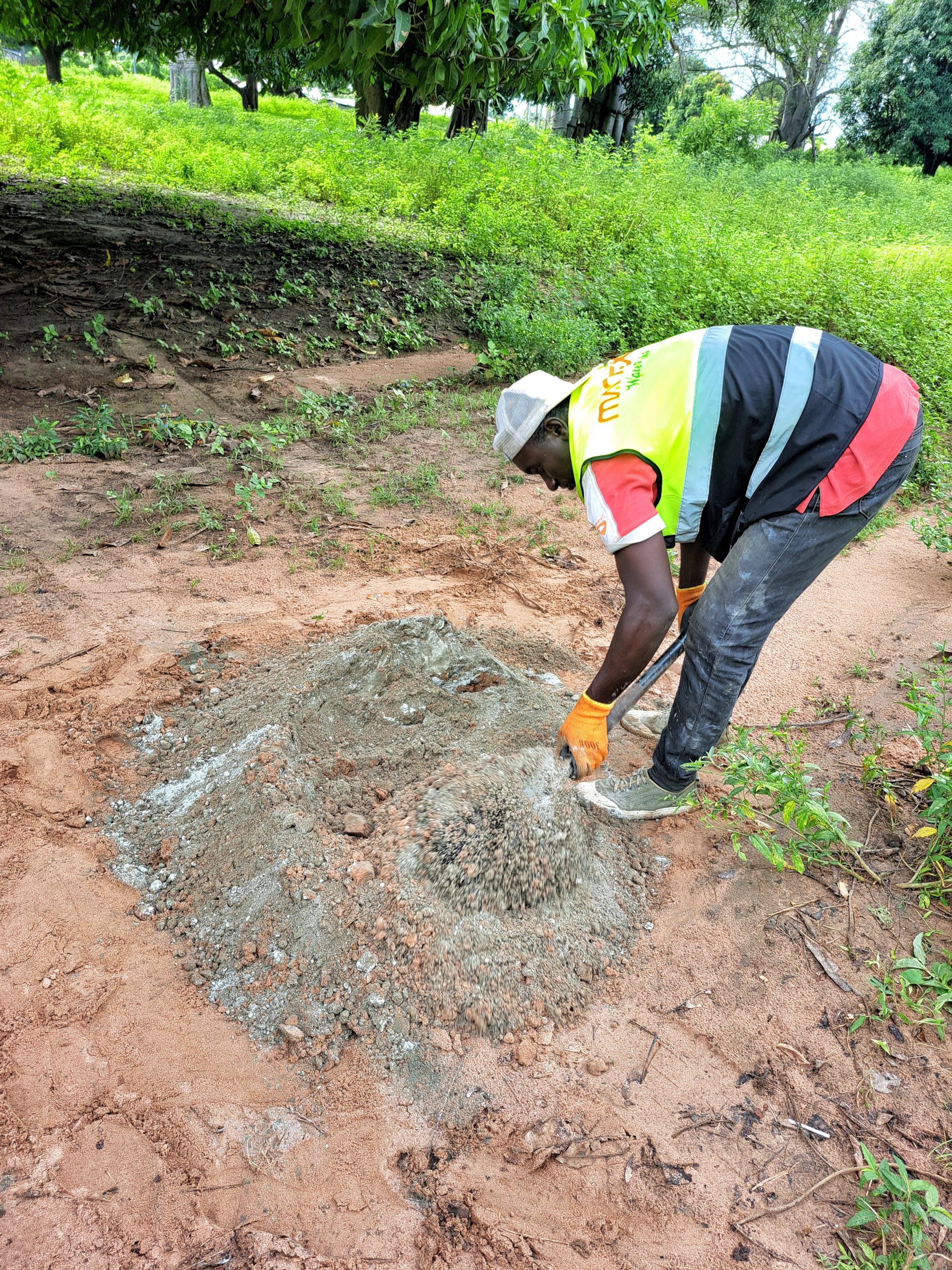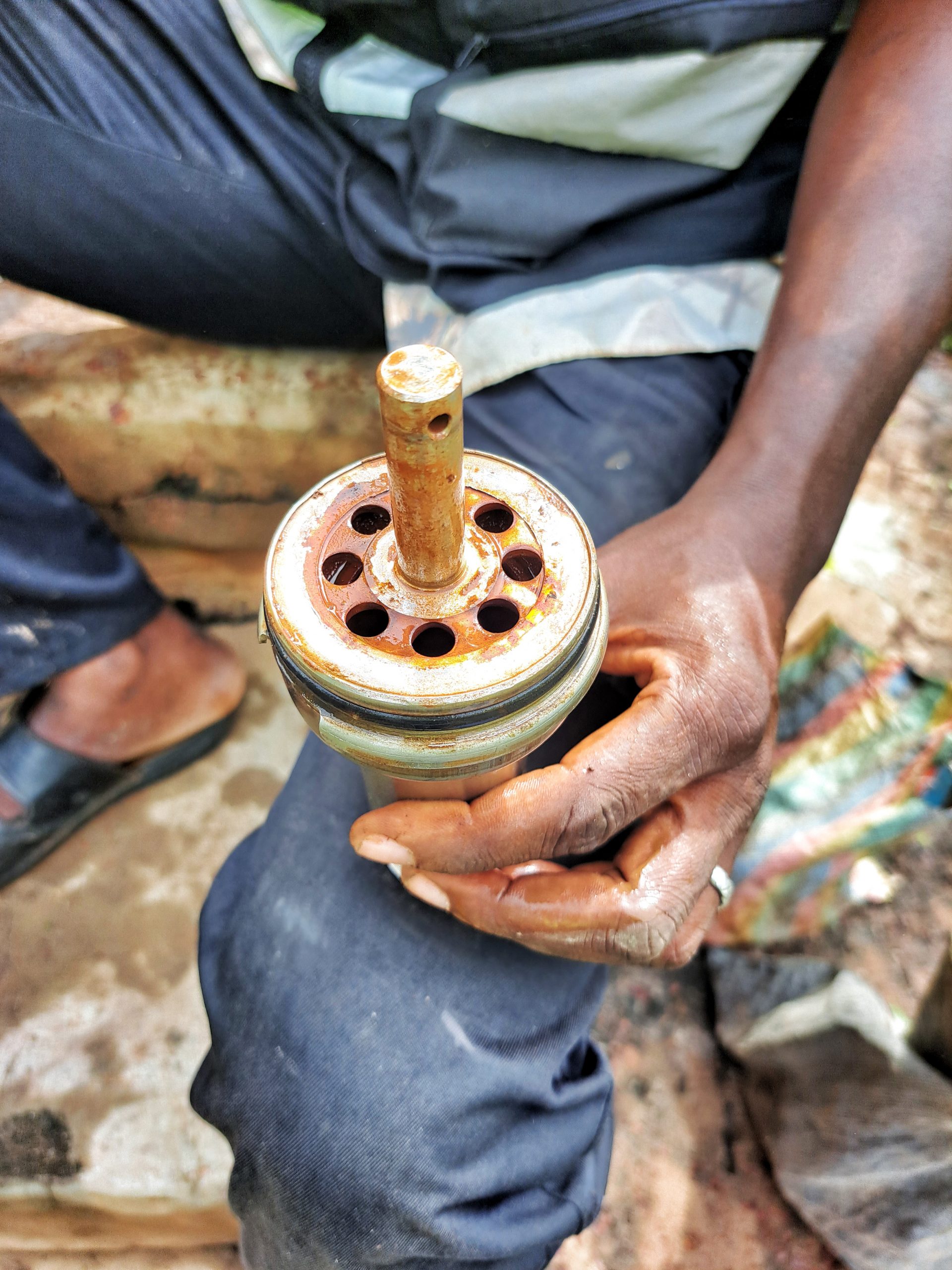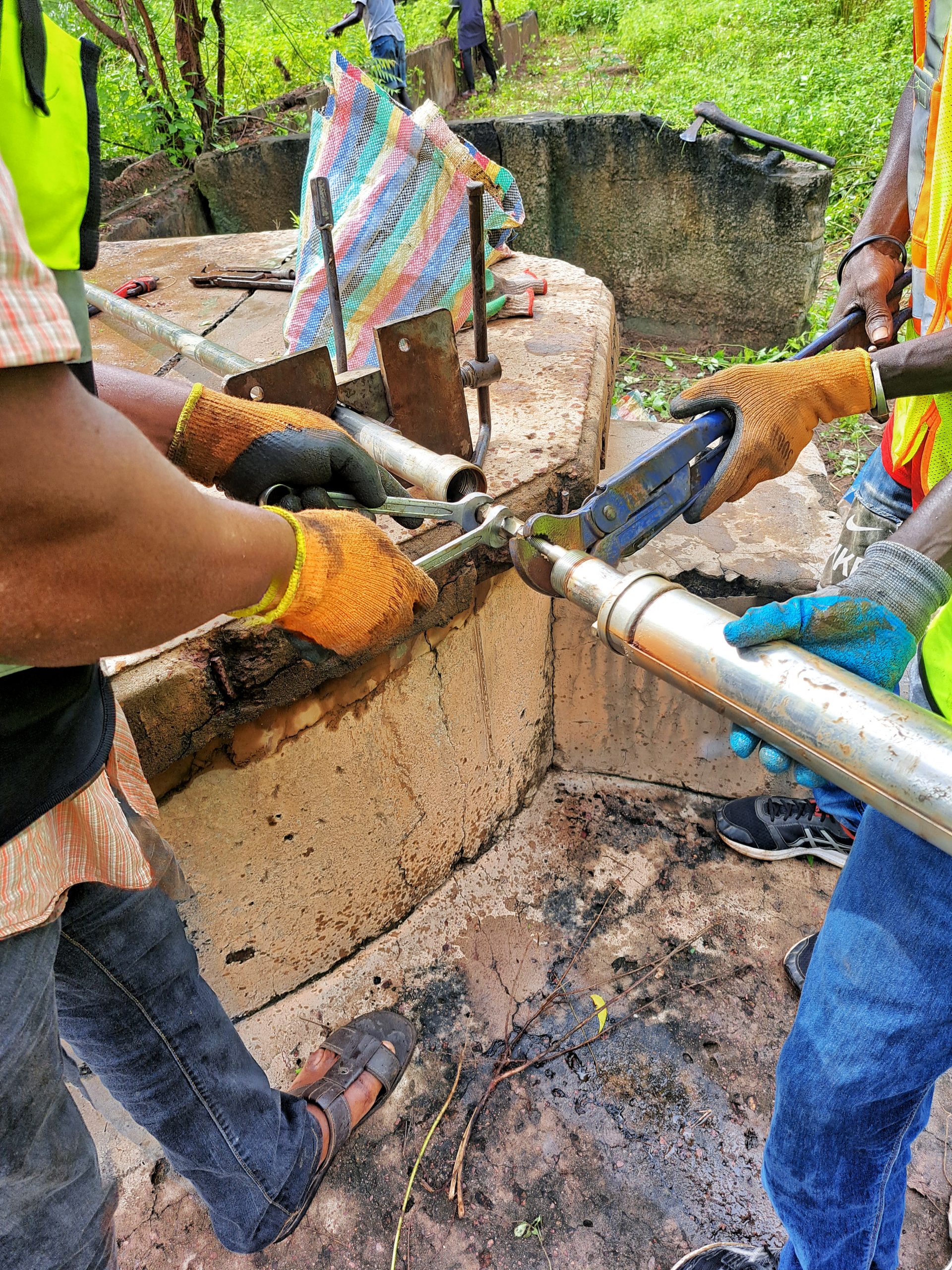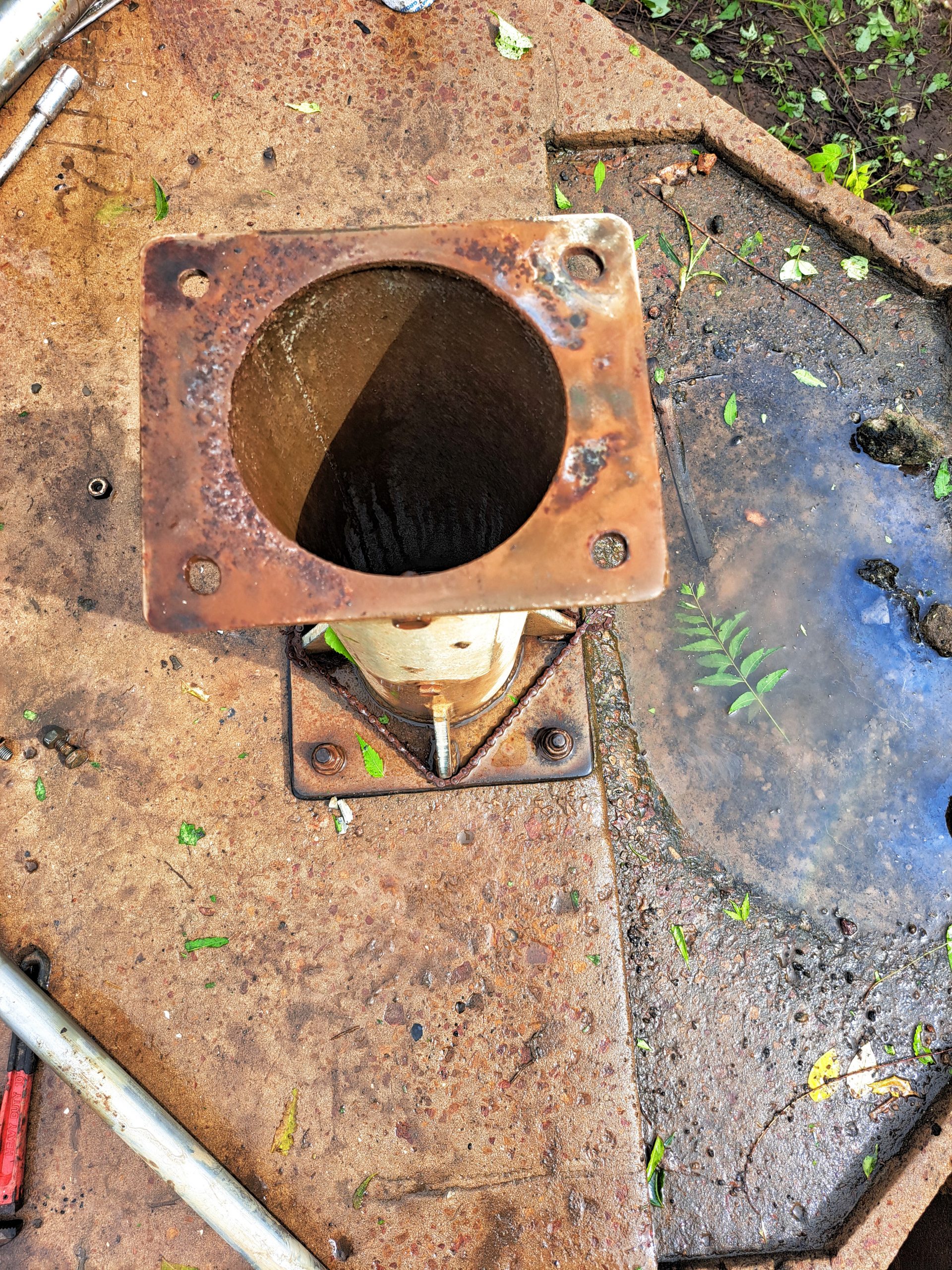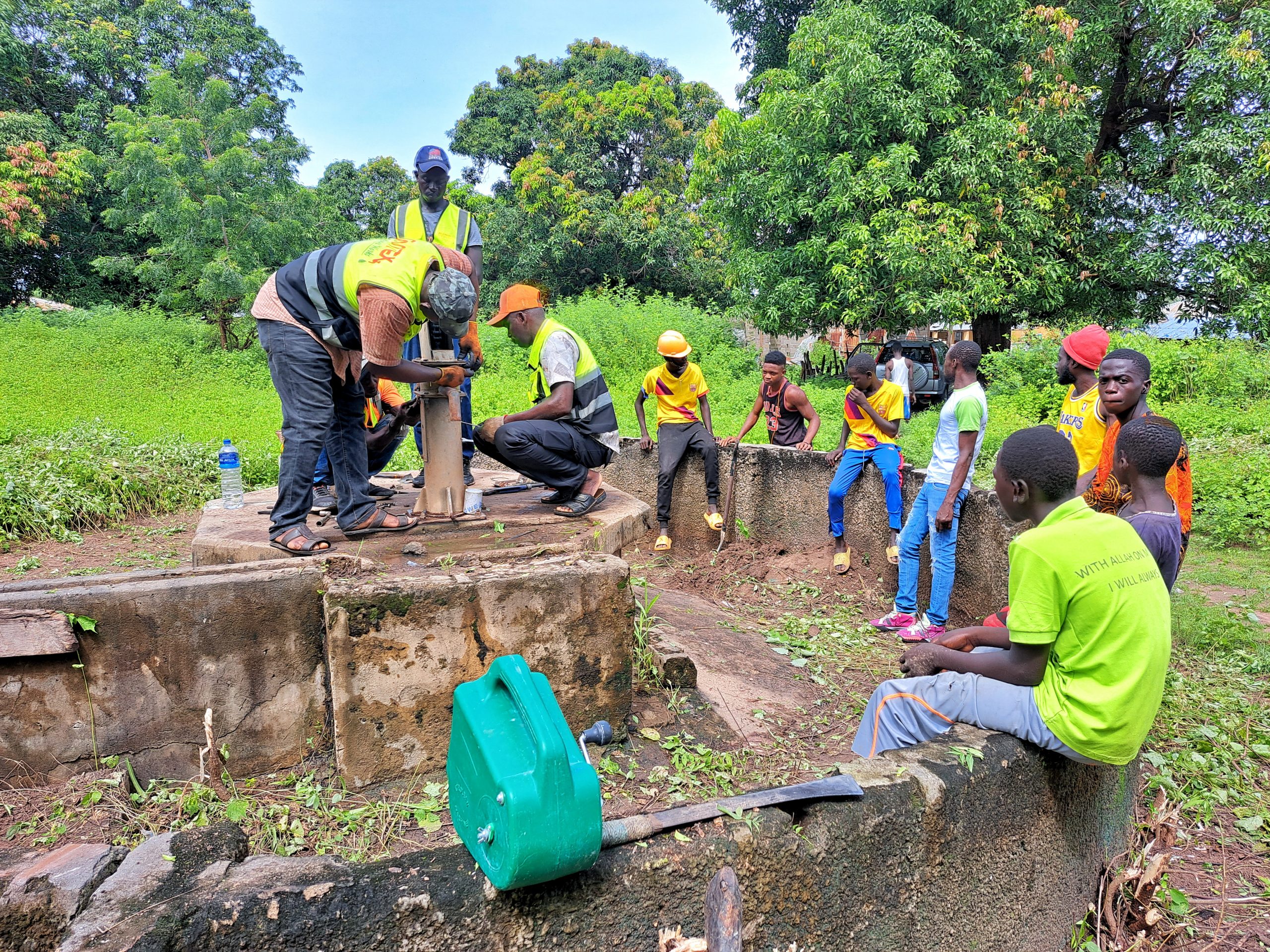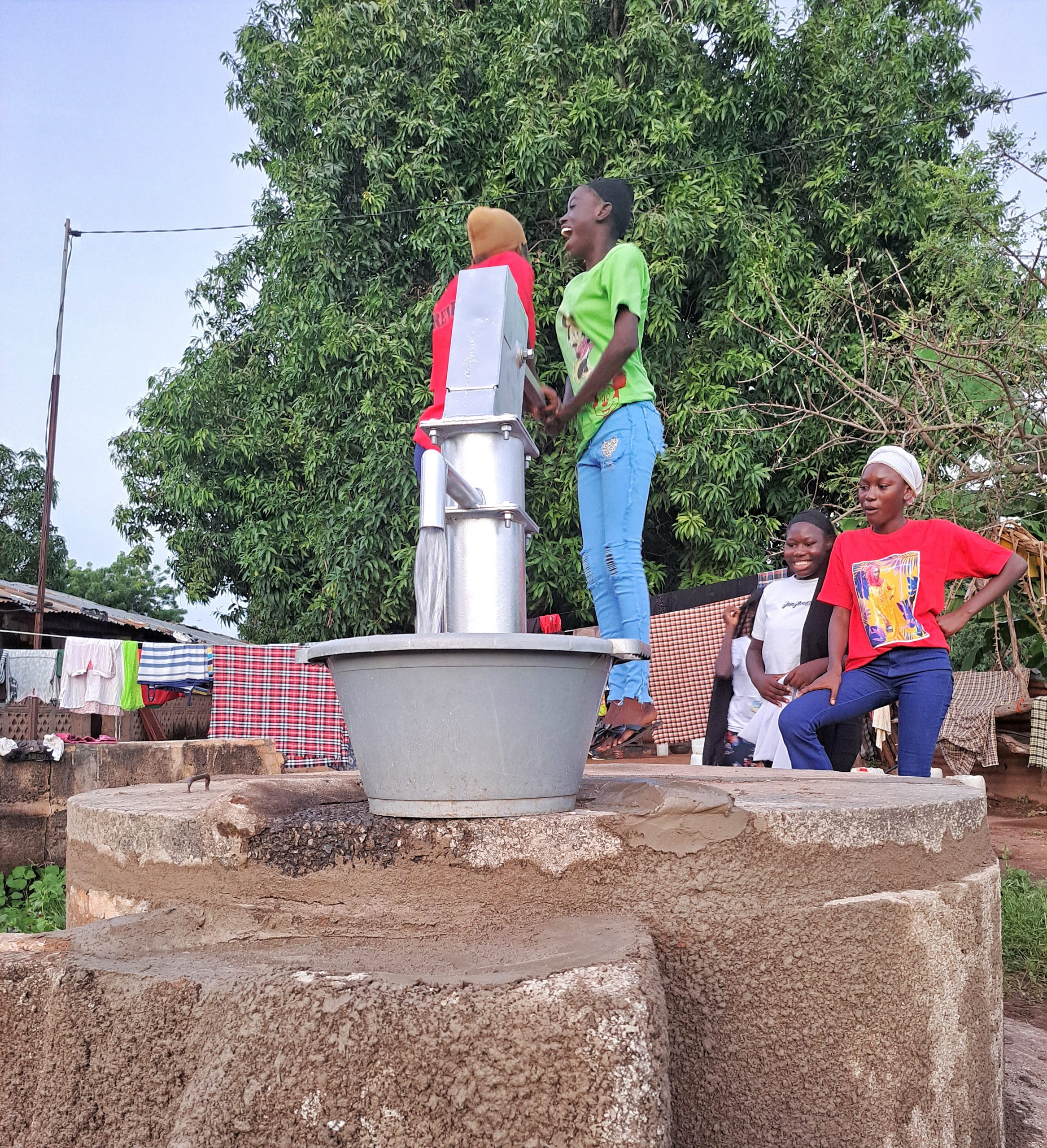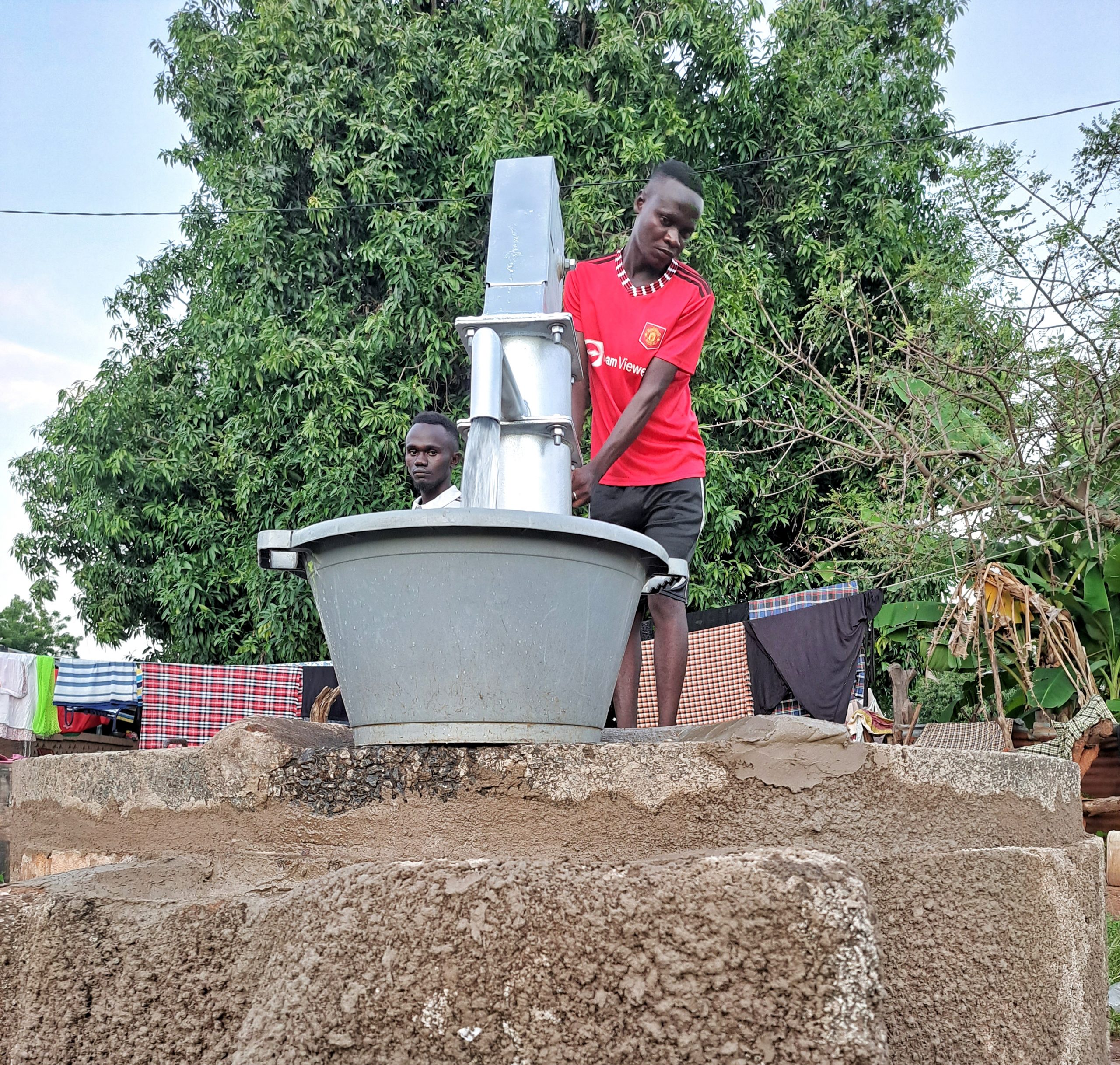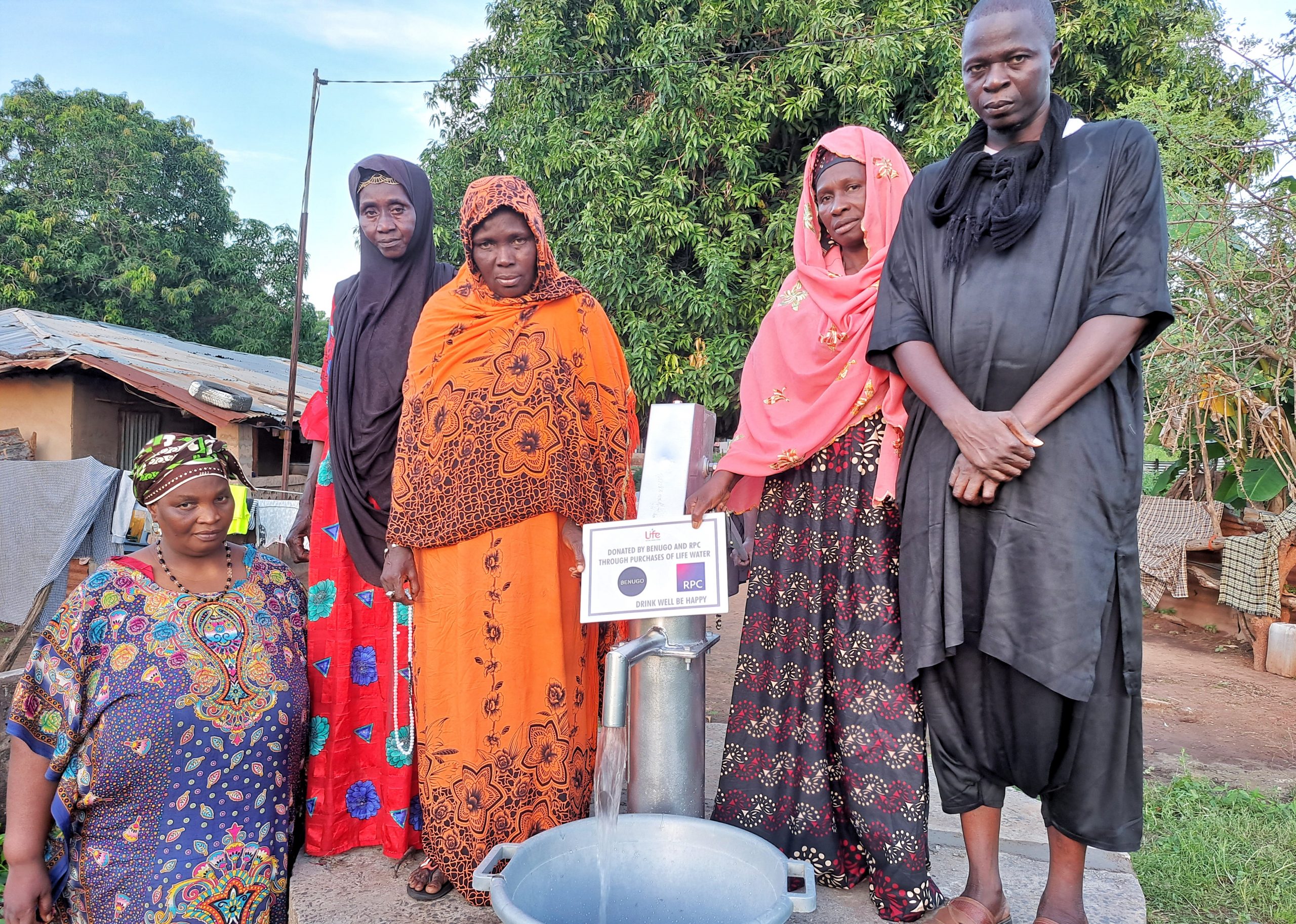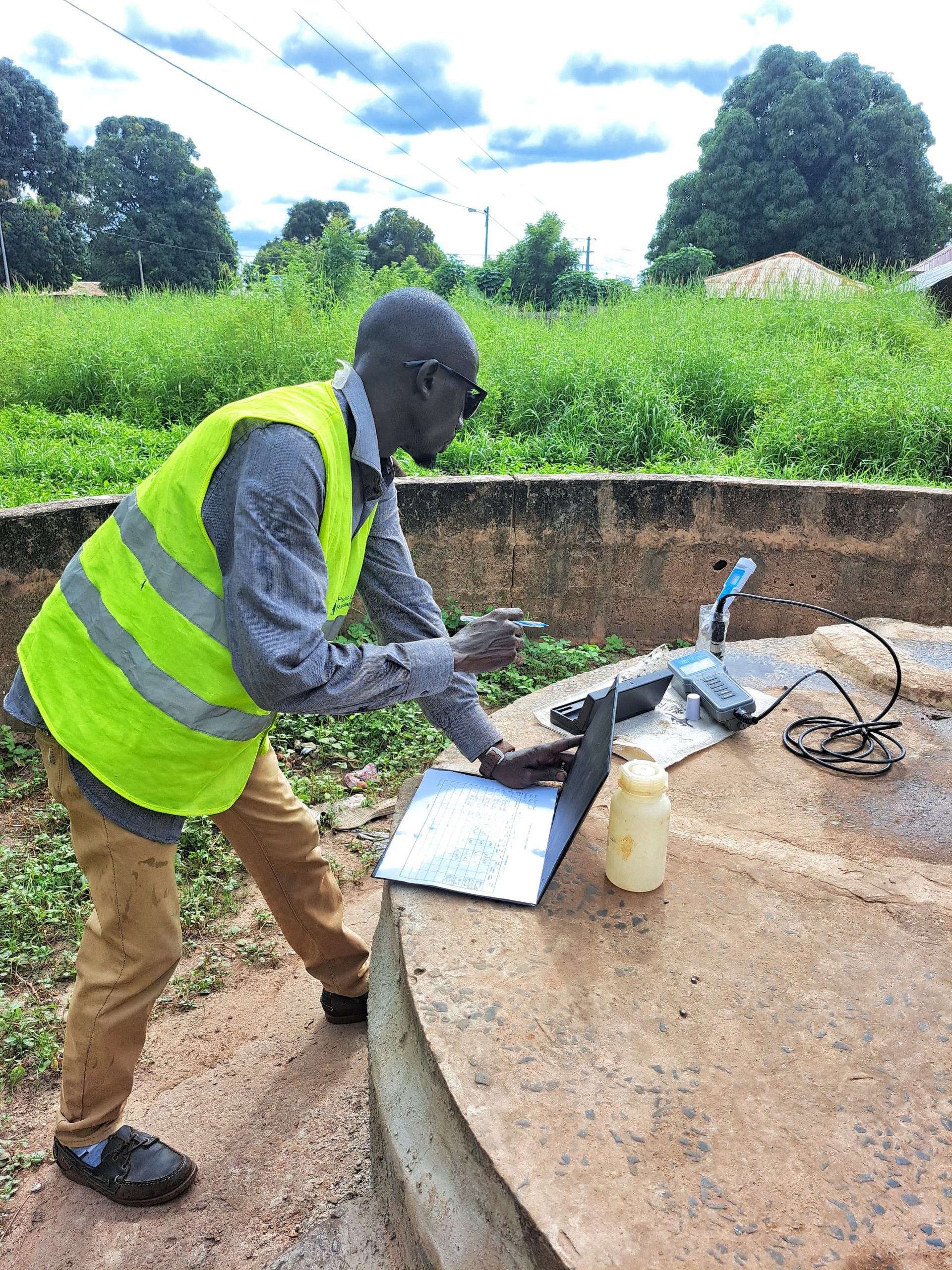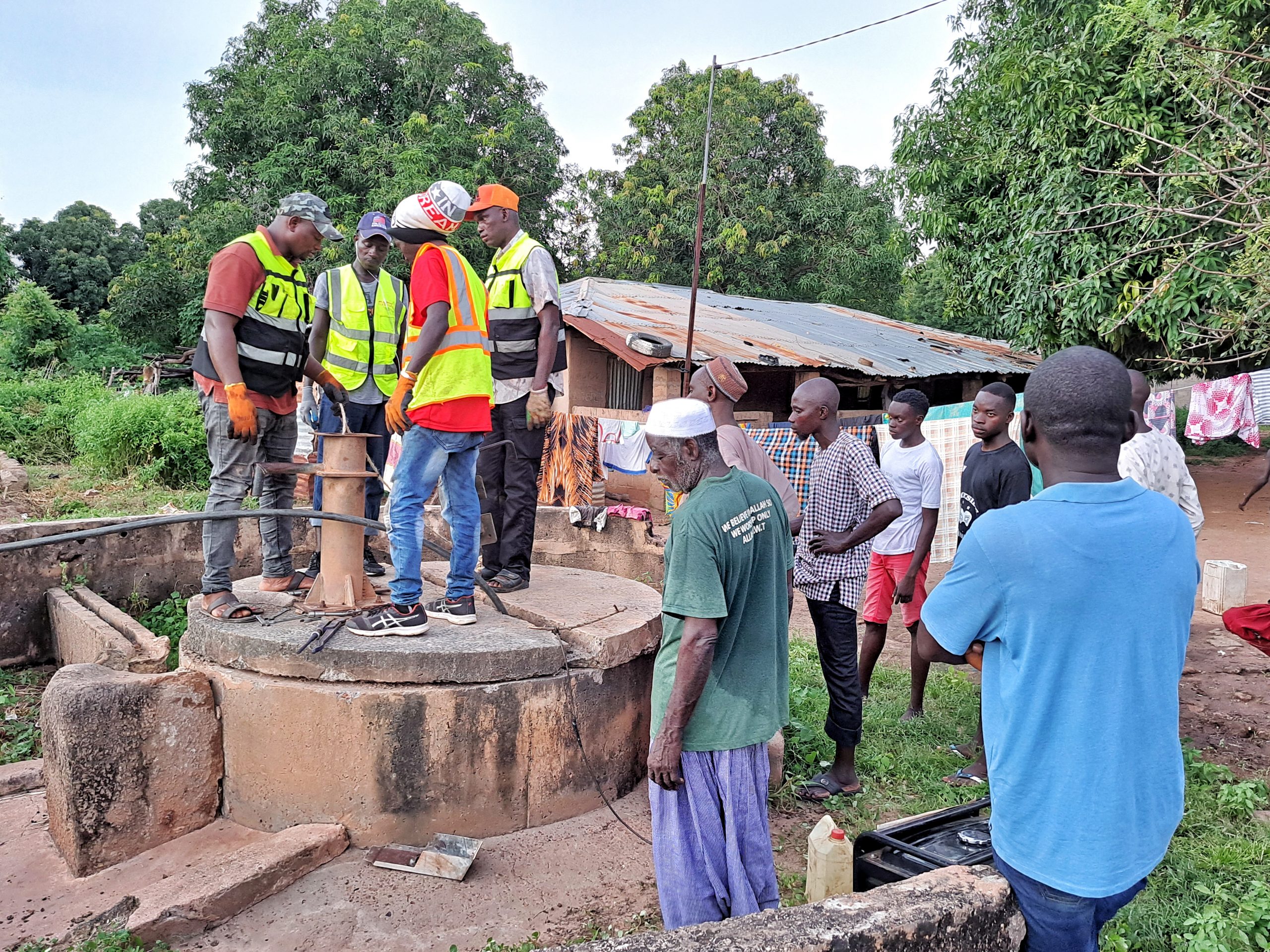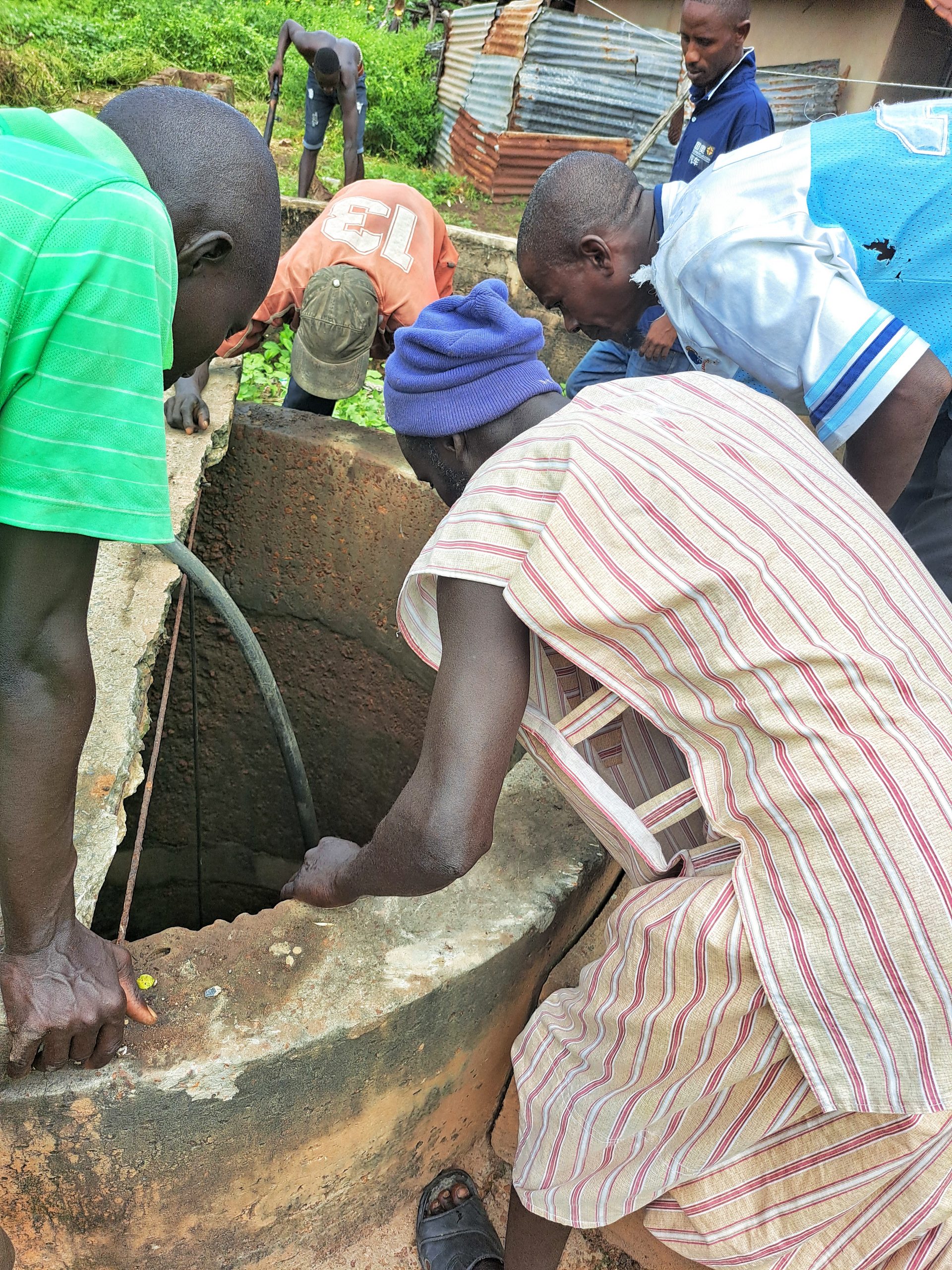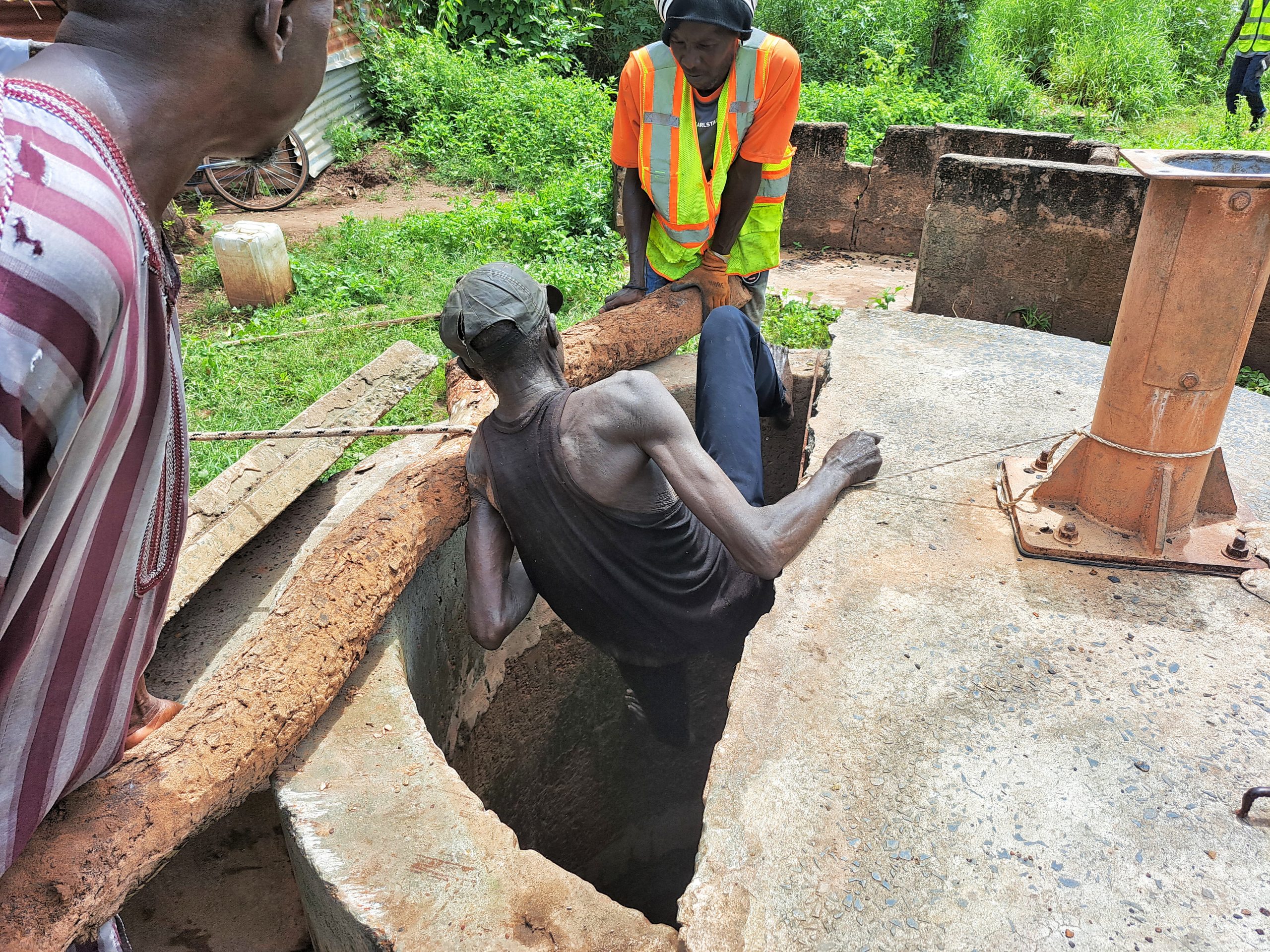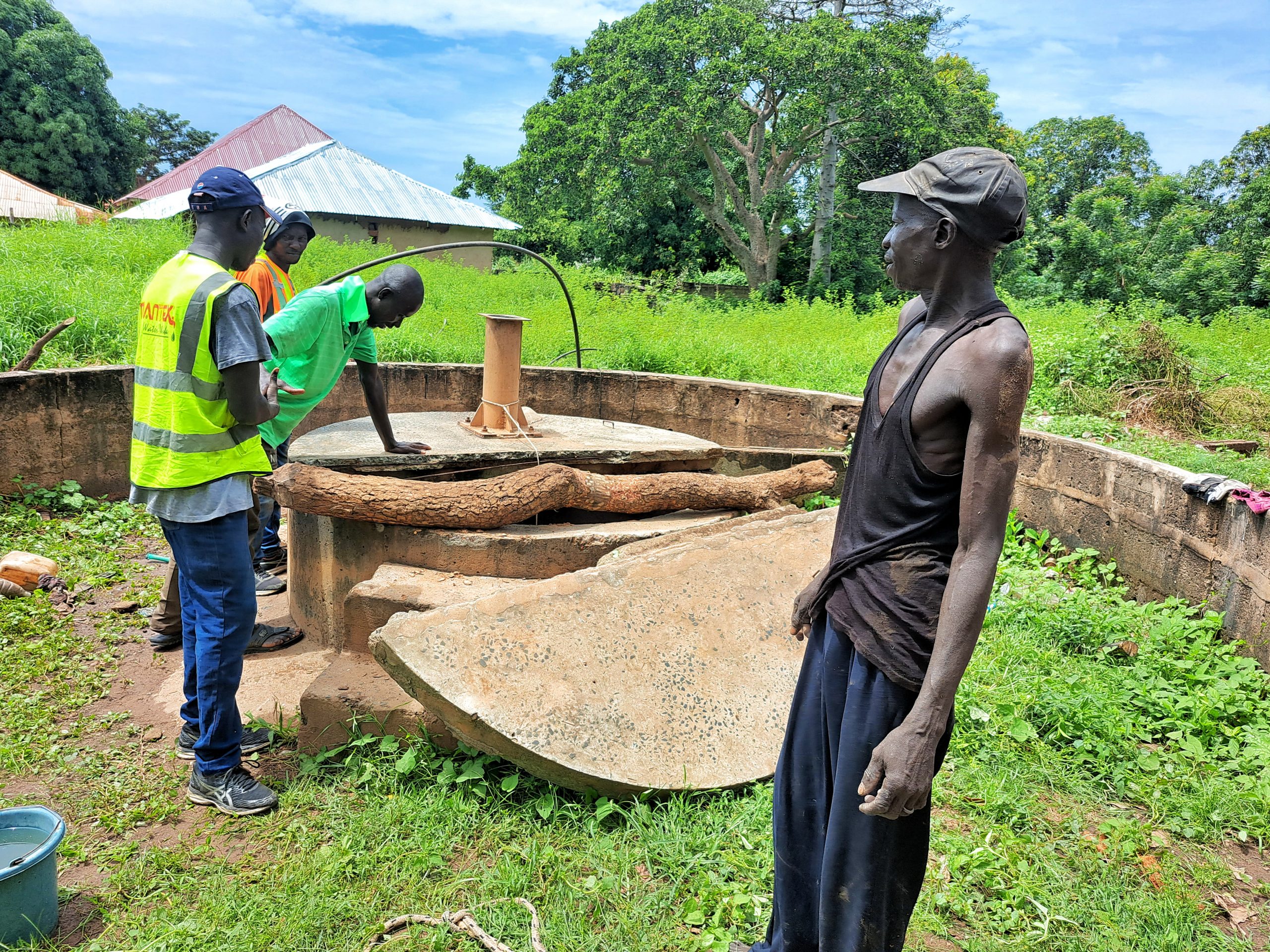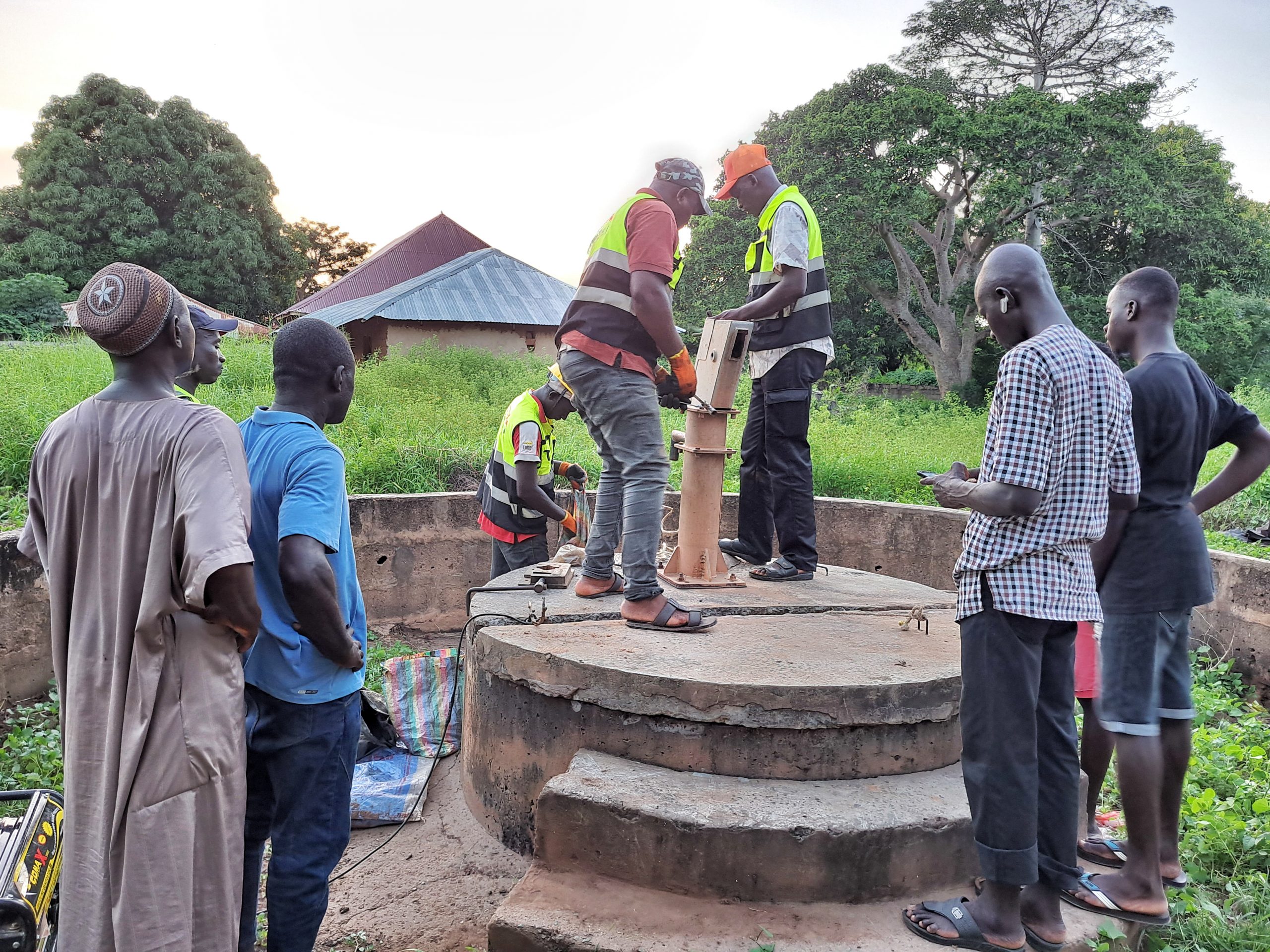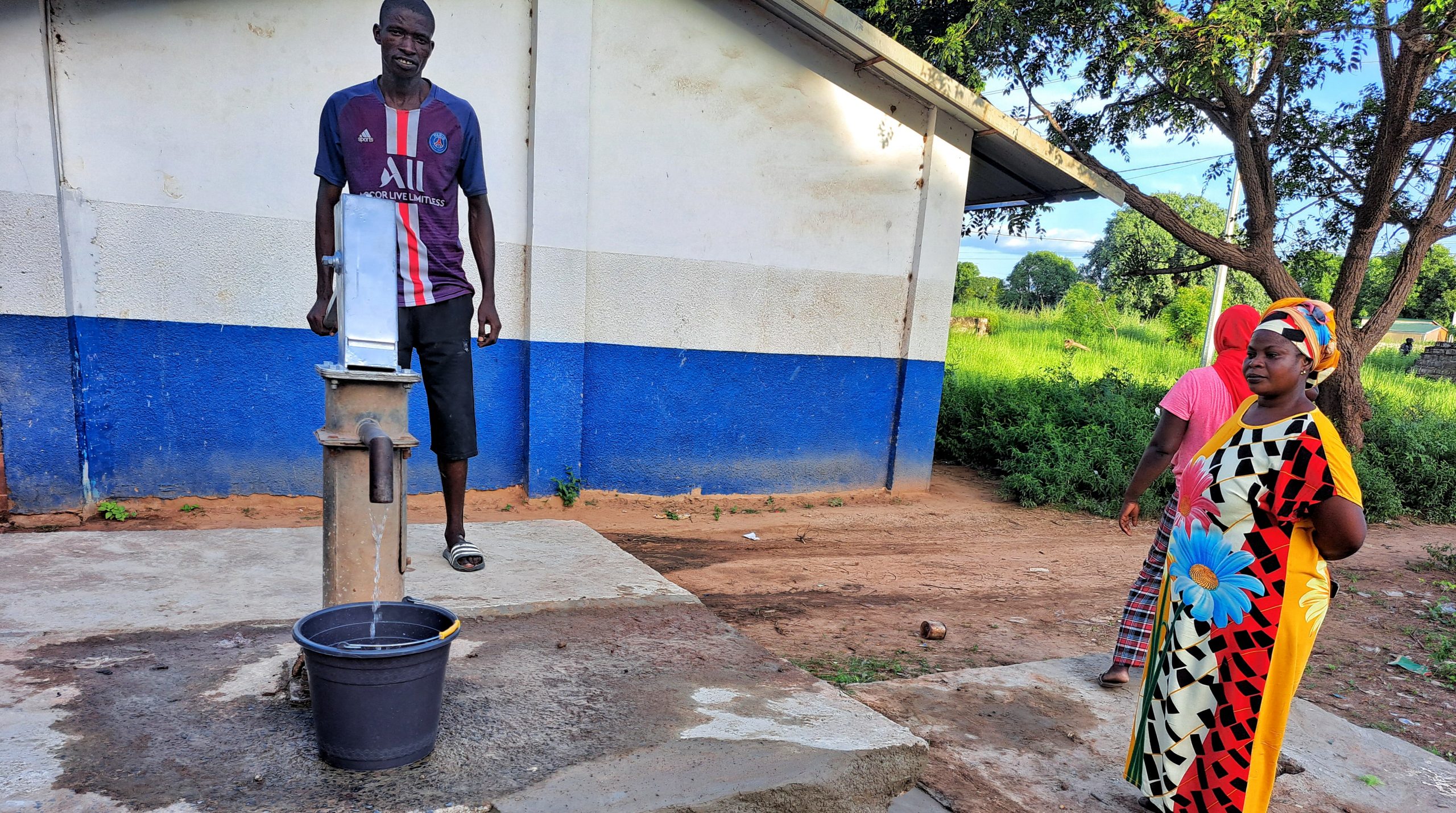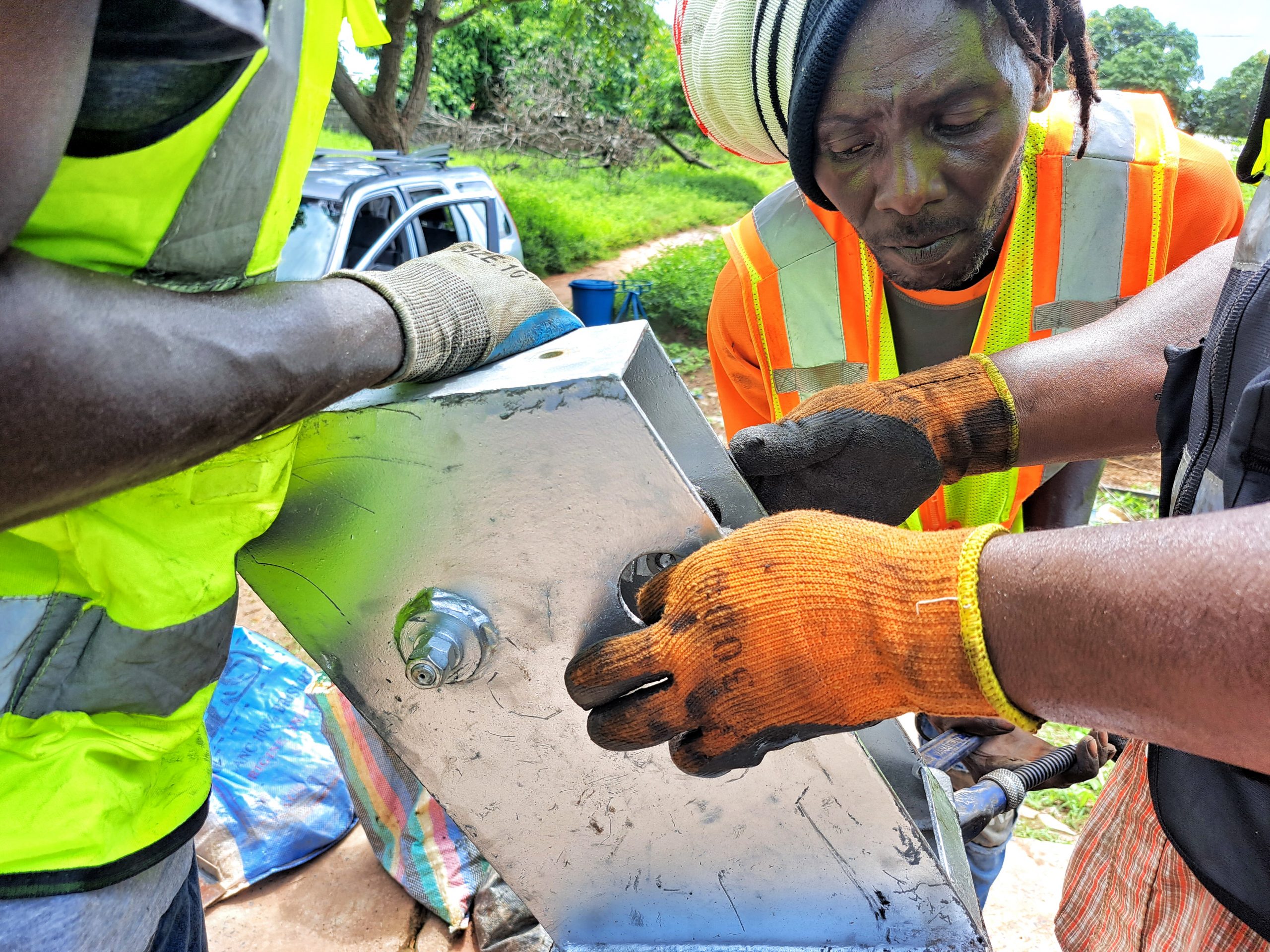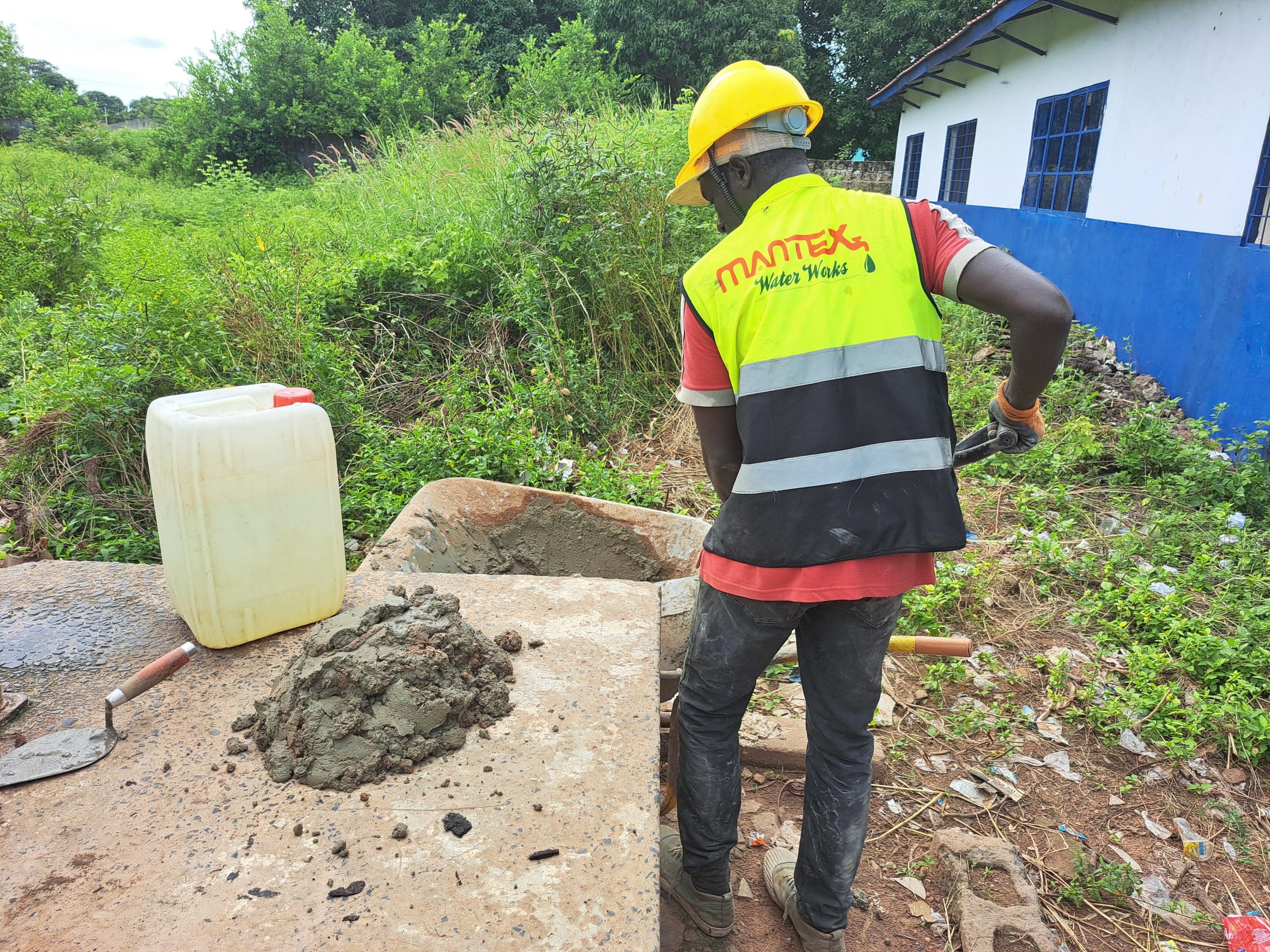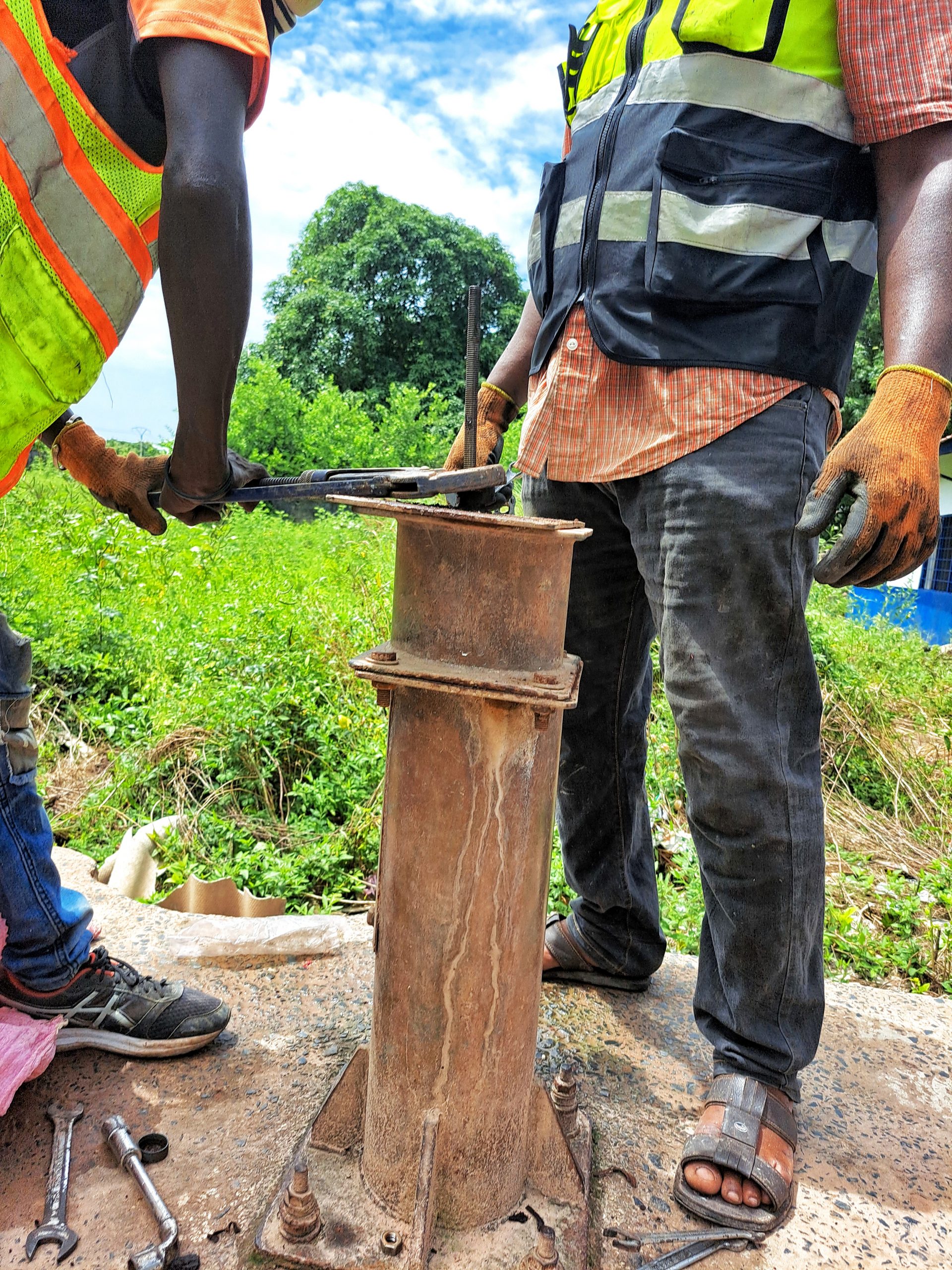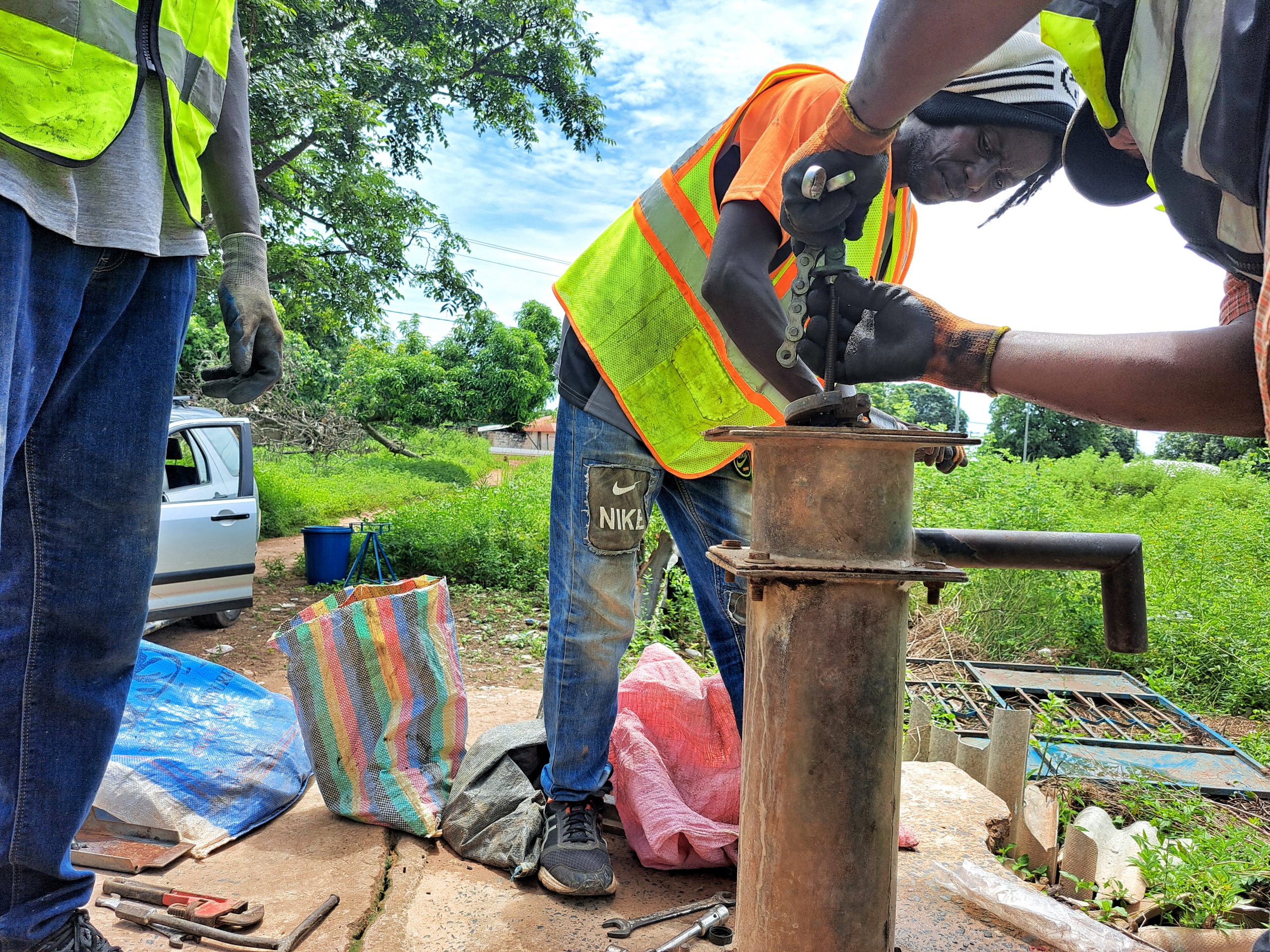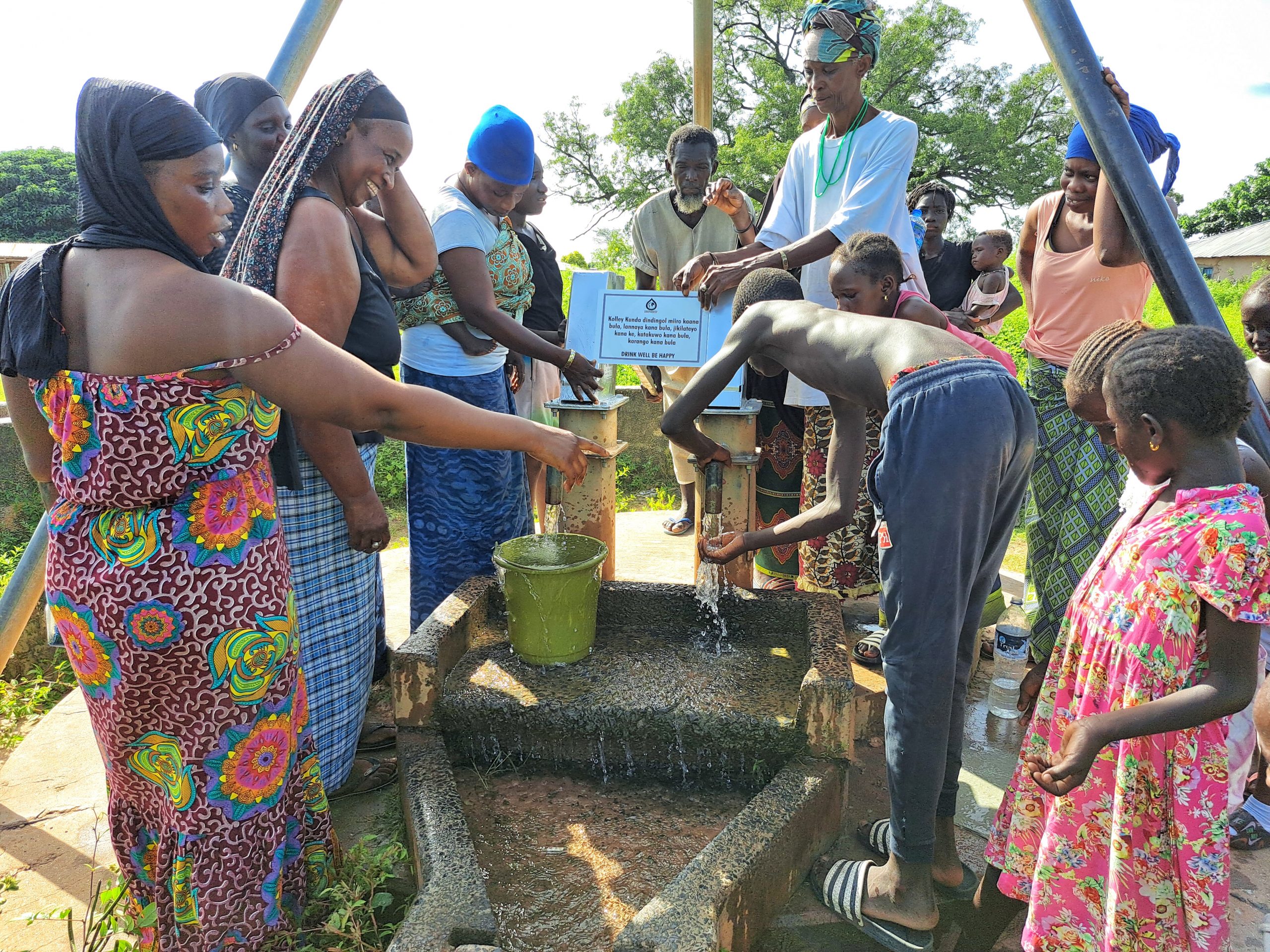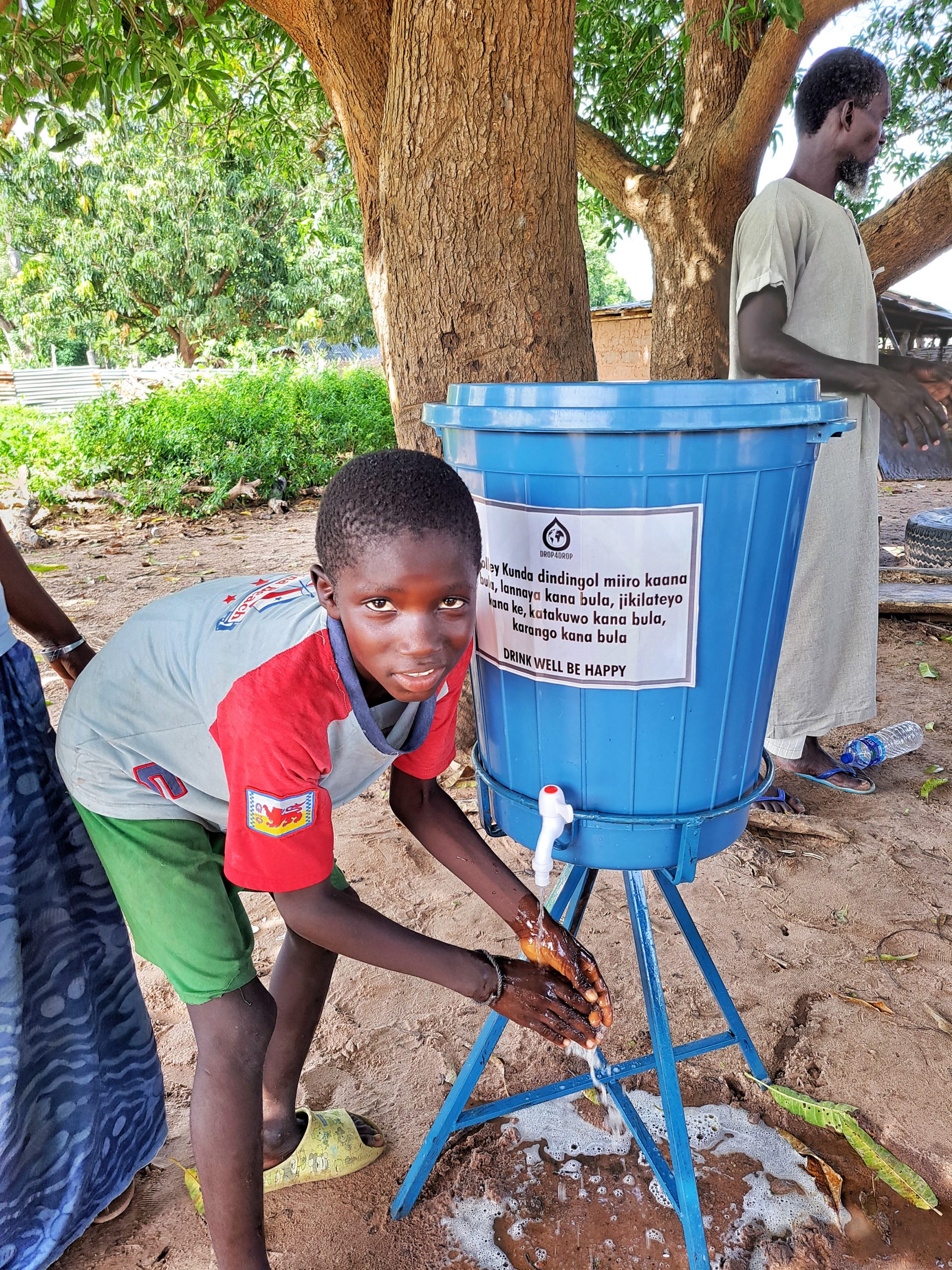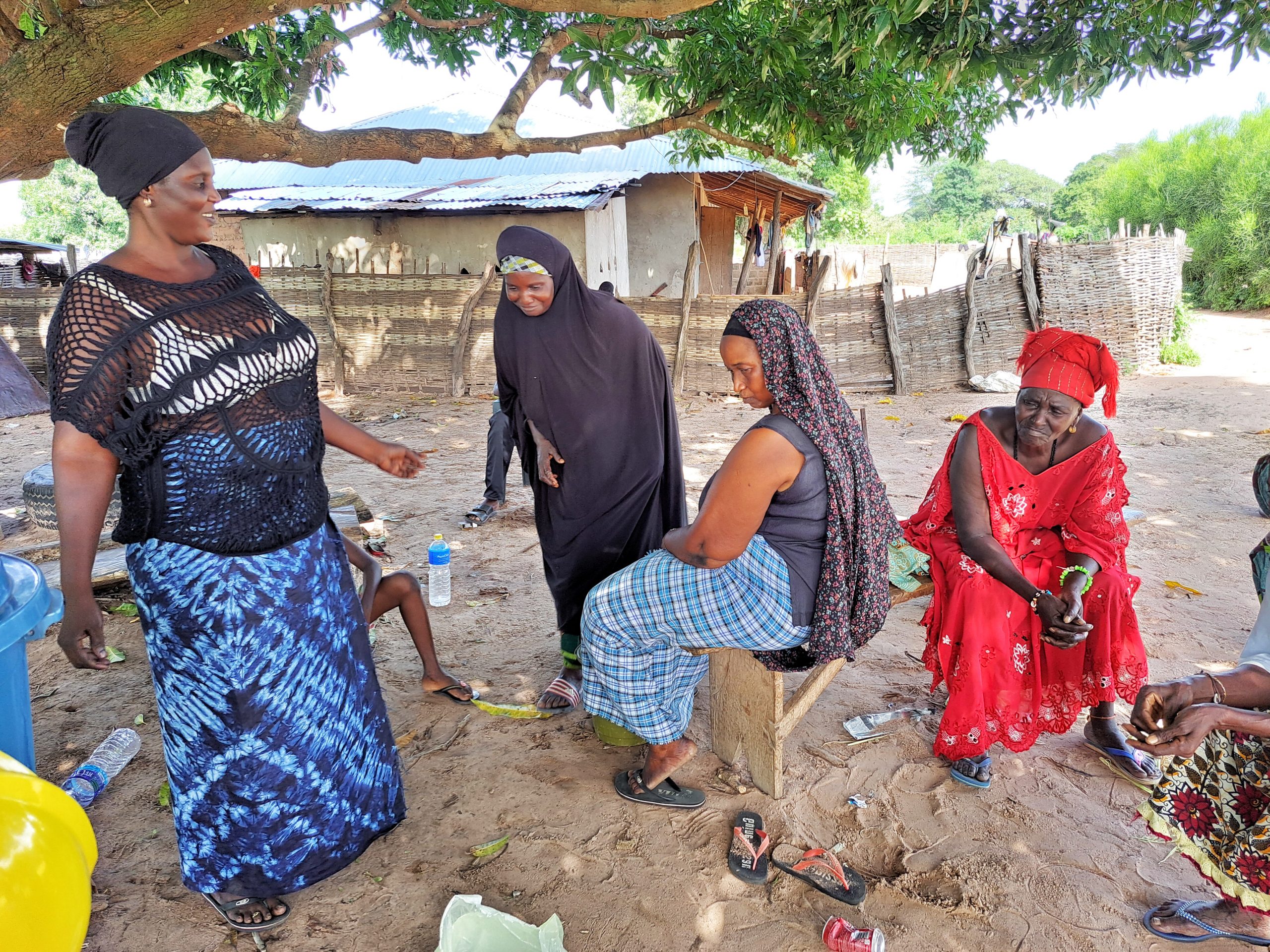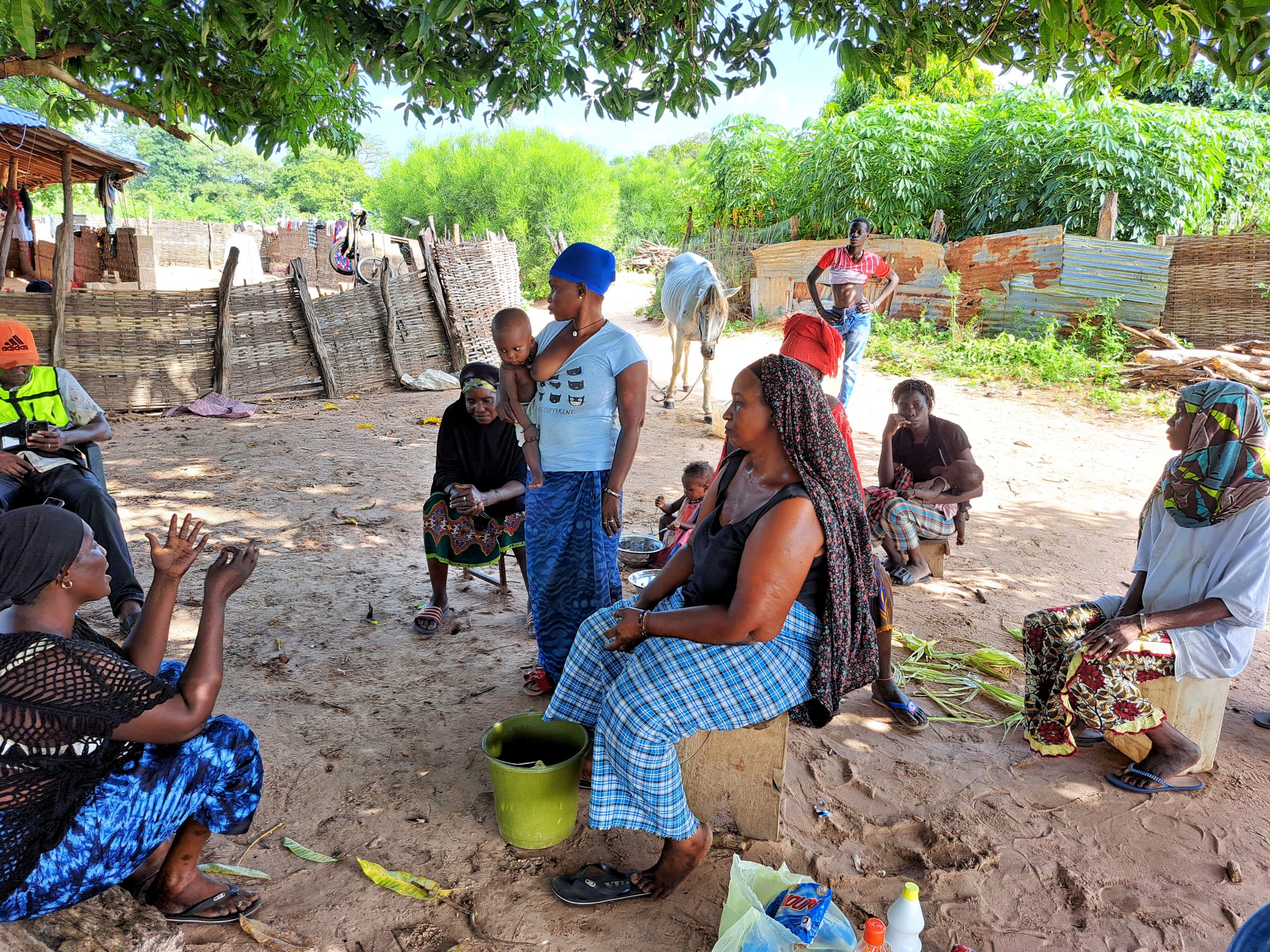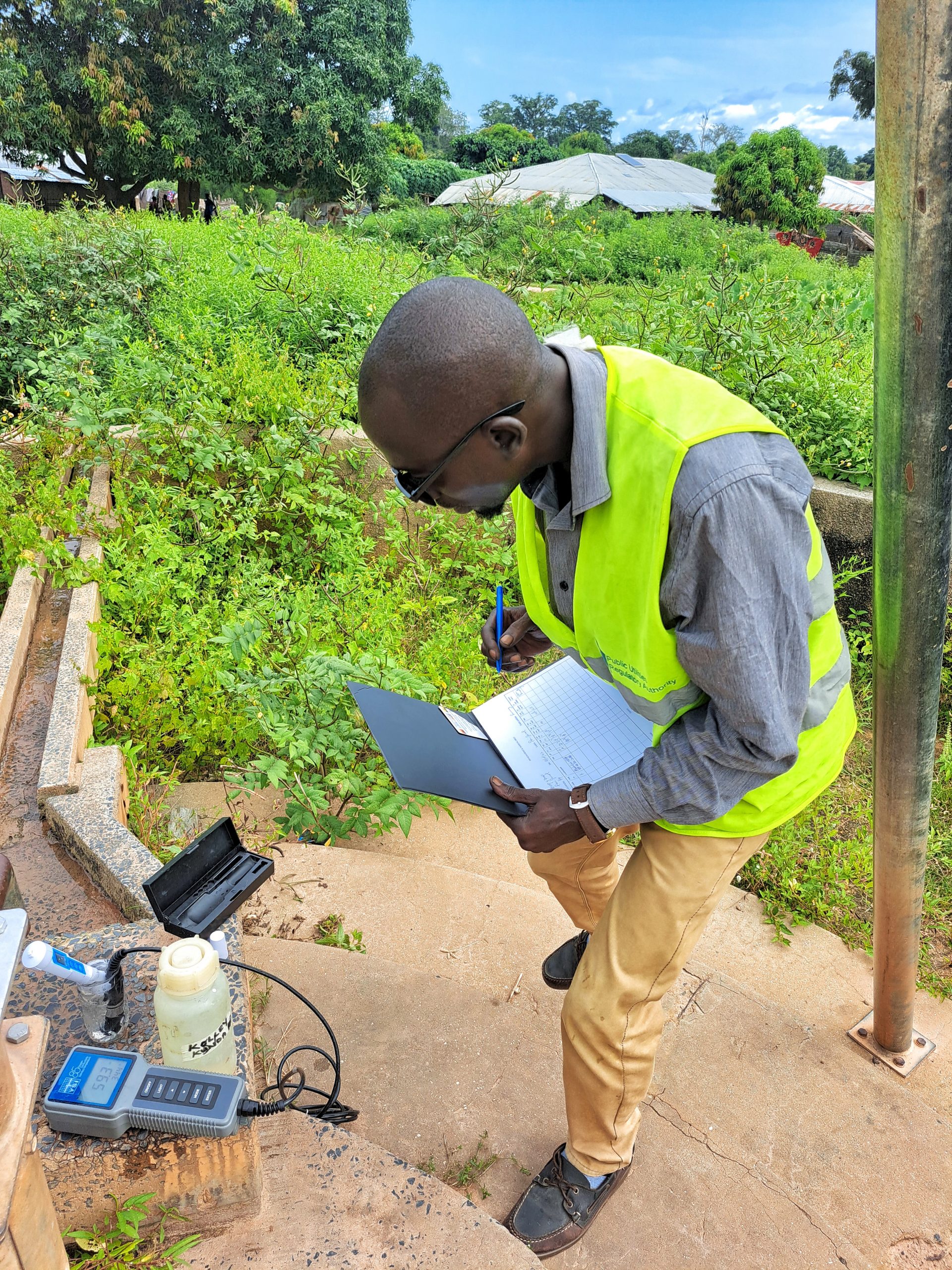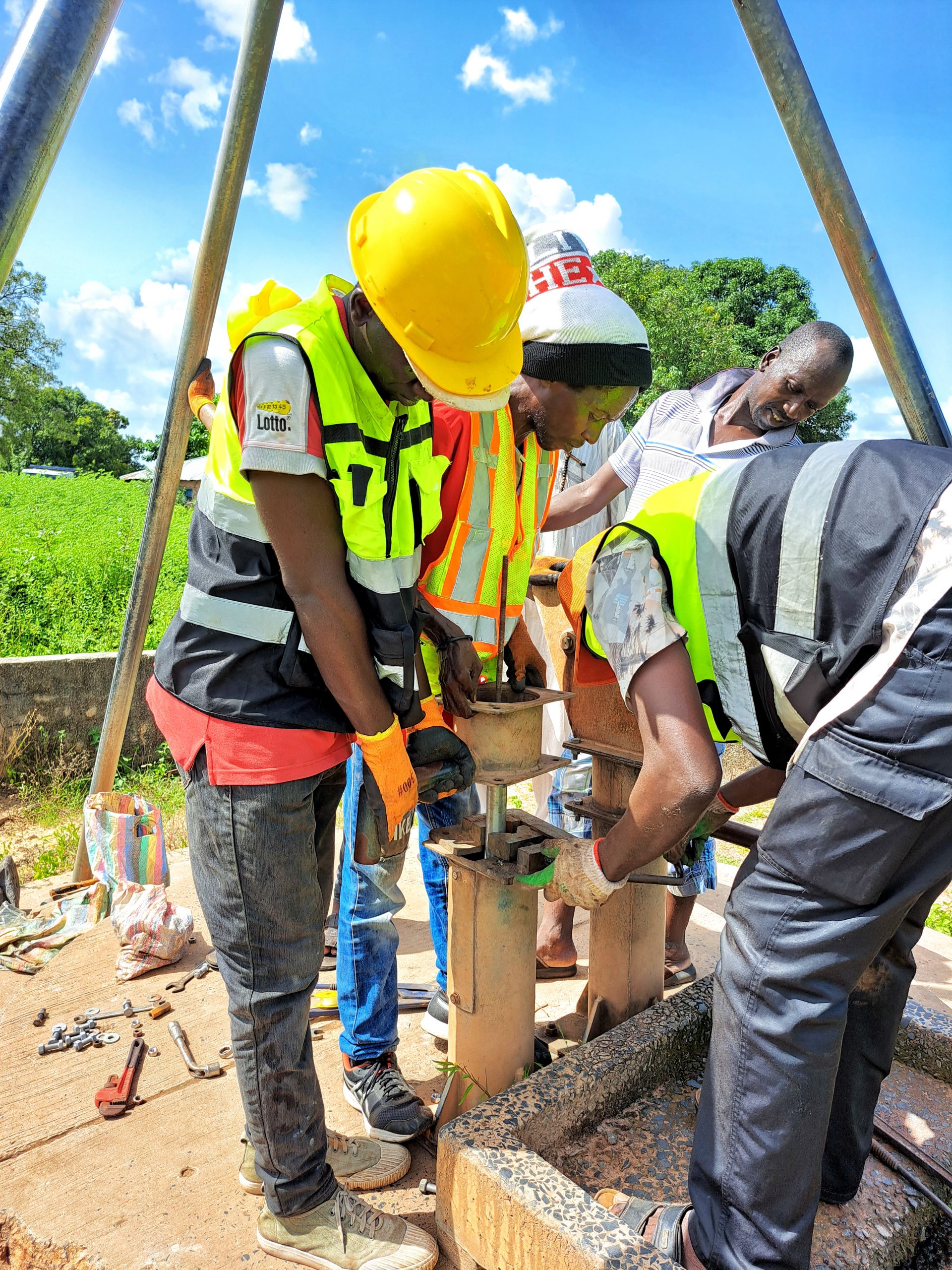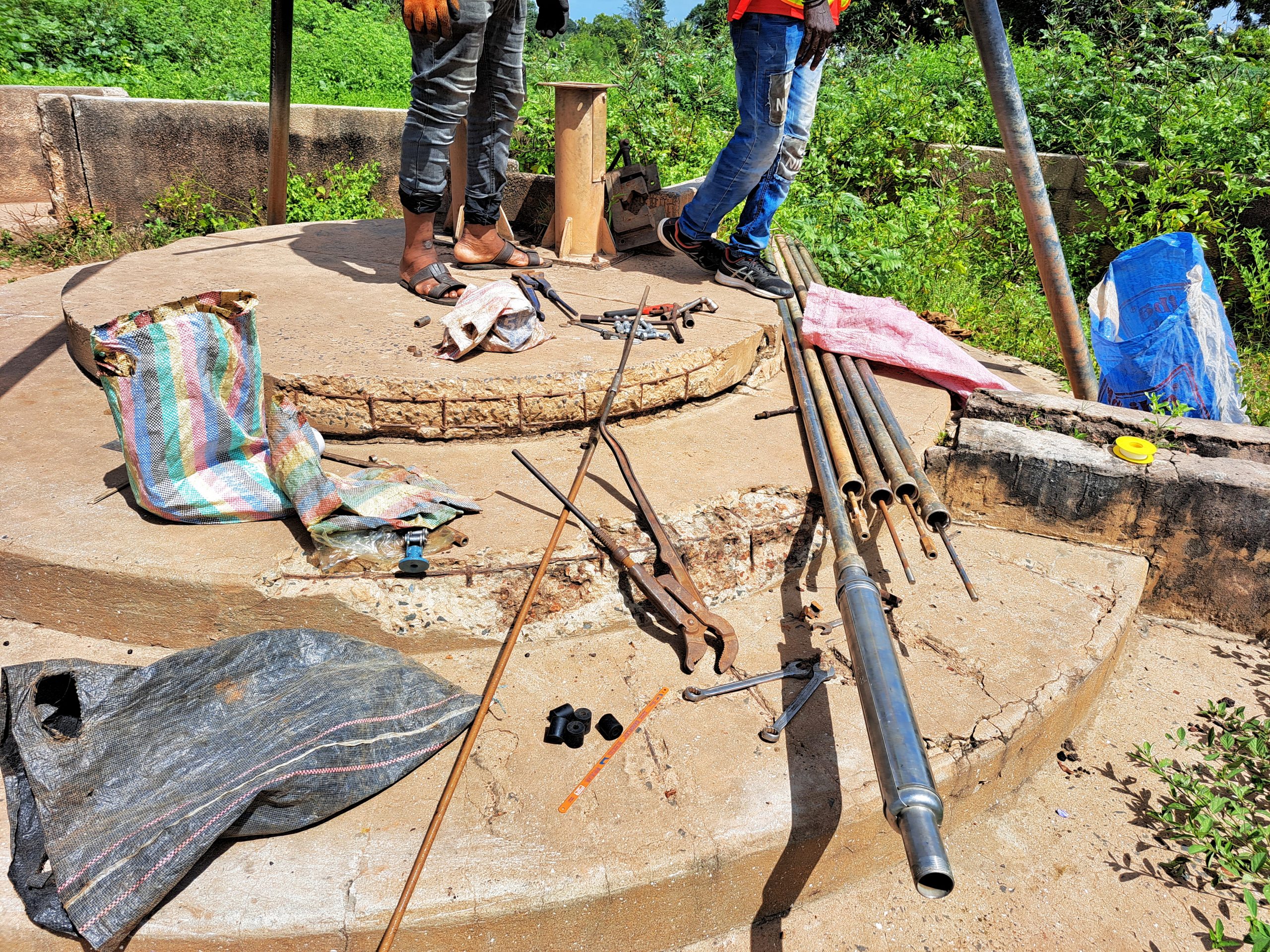West Coast Region, The Gambia
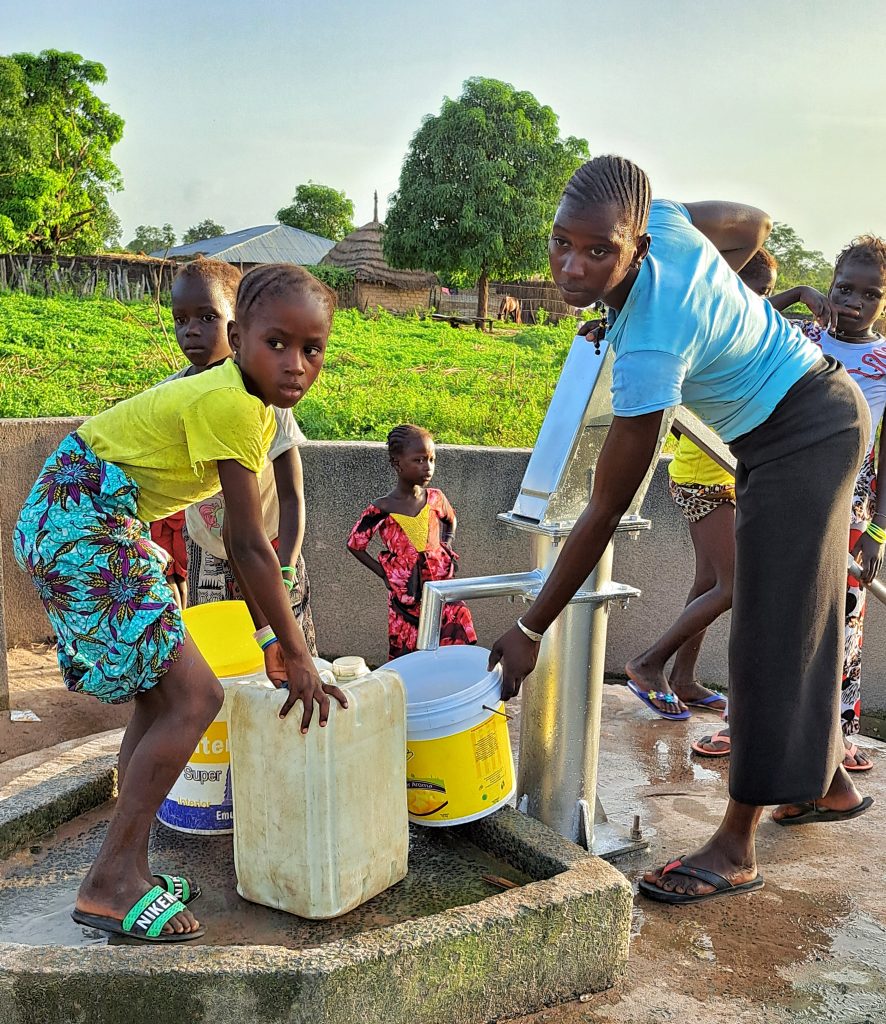
Foni Jarrol is one of the nine districts of The West Coast Region, which is located to the south of the Gambia River in the southwest of the country. Foni Jarrol is in the far east of the region, between Foni Bondali and the border with Senegal. The district is widely dominated by the Jola tribe and it is well known for its traditional cultural festival called ‘’Futampaf’’. This is a Jola traditional initiation ceremony which dates back centuries ago. According to oral history, the founders of Jarrol were the ancient Bainunka tribe.
The district, along with other districts bordering Southern Senegal, has played host to thousands of refugees fleeing the Southern Senegalese region of Casamance’s crisis which saw fighting between Senegalese forces and Cassamance separatist rebels. This has had serious difficulties both economic and social affecting the district, among which is the scarcity of clean drinking water. Environmental issues are still persistent due to illegal logging causing mass deforestation within the district.
OUTCOME
The third phase of this project has been successfully completed thanks to Water Charity and its local partner Working Water The Gambia (WWG). This is part of a series of projects launched under the Water for Everyone Initiative. The project mission was to improve water access and sanitation conditions across 5 villages in Foni Jarrol District by rehabilitating handpumps, installing new ones where necessary, and providing hand washing stations to improve sanitation and hygiene in the communities of AHDULAI VILLAGE, BRUMEN VILLAGE, JARROL VILLAGE, KALAGI VILLAGE and KOLLEY KUNDA VILLAGE. Thanks to the collaborative support of the villagers in all these villages, the project was completed successfully. This project provides access to clean water and sanitation to over 3,500 people
Ahdulai Village
ACTIVITIES
The project saw the successful dewatering, re-digging of wells, installation of new German Mark 2 cylinders and conversion heads, stainless-steel pipes, rod couplings, check nuts, pedestals, axle and bearings. Concrete water troughs were built, new culverts for wells and concrete slabs. Handwashing stations were installed in all project intervention communities supplied with detergents. In partnership with The Gambia’s Department of Water Resources, quality testing and treatment was also conducted at the end of each community project. In each community, learning sessions were held on effective handwashing techniques and simple water management strategies. Communities also participated in manual works like digging, collecting sand and gravel. They also hosted workers, which assured that all materials were secured.
Brumen Village
OBJECTIVES OF THE PROJECT
- The primary objective of this project is to provide clean drinking water and better sanitation for the people of the selected 5 villages in Foni Jarrol District as for the third phase of the project. This has been successfully achieved at the completion of the project.
- The Foni region has long suffered from the lack of clean drinking water. The region has been hit hard with mass felling of trees and frequent bush fires. Also, the conflict between Senegalese forces and separatist rebels in the southern Senegalese region of Cassamance has made things worse for the region of Foni as it shares a long border with Cassamance. Mass movement of refugees from the recent clashes has worsened the water crisis for communities hosting the refugees. One of the objectives of the project is to ease the pressure of the lack of clean drinking water in communities, as well as provide sanitation.
- One of the objectives of this project is to provide clean drinking water for marginalized vulnerable communities. Foni has a lot of isolated villages that feel abandoned and forgotten. This project has made them feel heard, socially included, and a part of humanity. For villages that lie closely on the borderline, most of the times felt abandoned due to fear as they are closer to the frontline.
- The project also empowers women and girls. We all know the burden women and girls bear in water collection. Statistics has shown that Foni is one of the lowest female enrolment rates in school. This clean water project will empower girls participation in school. The time spent on water collection is far shorter now for school-going girls.
- Another important objective of this project is to inculcate the habit of hand washing in communities. At each of the rehabilitated water sources in each community, a hand washing station is provided with detergents and also a learning session on the techniques of effective hand washing. Members of the community gather in the village square for the learning sessions. This is a tool to combat the spread of germs and other communicable diseases that could spread within communities especially after using the toilets. It also aids nursing mothers as well as children to understand the importance of hygiene and sanitation. Participation in the learning sessions was high. Community engagement was immense and enthusiastic.
- In the Fonis, open defecation is not as big a concern as it is in the central regions of the country. Nonetheless, another key objective of these water projects is to facilitate round-the-clock household access to water. This will steer people away from going outside to defecate. The availability of water in the households is a catalyst towards the cessation of open defecation.
- Another objective of these projects is to encourage women’s engagement in household-level horticulture gardening. Every rehabilitated water source includes a concrete watering trough. The water trough traps waste water from the hand pump and can be used by nearby houses for small-scale household horticulture vegetable gardening. This avoids the wastage of water and allows households to grow vegetables and enables their livestock to drink. This helps provide the households with a balanced diet and thereby alleviates the extreme poverty communities’ face especially in the dry season.
- Another key objective of this project is to cut down the high rate of water related illnesses in the recipient communities. Children often face the brunt when it comes to waterborne diseases. Certain households are drained of all resources when a family is struck with waterborne diseases. These water projects will lessen the burden on communities and money that would otherwise be spent on doctors or medicine can be used for food or for girls’ education instead.
- Setting up and training village water management committees was another objective of the project. We set up and trained water management committees in all the project communities. They help in the day-to-day management and maintenance of the water source. This will help make the project sustainable. As best practice, we ensure the committee is gender-balanced and that women have a say in the maintenance and management of the water source. Traditional women communicators known as ‘’Kanyeleng’’ are also involved in the sensitization of communities for better water management.
Jarrol Village
BENEFICIARY TESTIMONIAL
The excitement and happiness are overwhelming in all the beneficiary communities. Heads of villages of the respective 5 villages all expressed their sincere thanks for the projects and happiness, highlighting the positive impact that these clean water projects have in their lives., the local councilor of the district Papieye Tamba who is also a health care practitioner for Sintet Health Center, heaped praises on and thanks to Water Charity. He also mentioned the social and economic importance of the water projects, as well as the tremendous importance of clean drinking water for the communities, especially in relation to the provision of education and the increased wellbeing. He also mentioned the importance and timeliness of the project given communities have experienced an influx of refugees from the Cassamance crisis. We are extremely happy about these water projects. We often treat waterborne diseases at the clinic. These water projects will also help us in combating other communicable diseases. This is indeed joyful for the district especially my ward, he added. Various women leaders from the beneficiary communities emphasized the tremendous importance these water projects made on their communities. Fatou Colley, a traditional birth attendant also heaped praises and thanks for the water projects. She noted the important of clean water in their work as traditional birth attendants in communities. We face challenges without clean water to deliver babies safely. These clean water projects are a life saver and we are tremendously happy for it, especially the sanitation aspect of the project. Am happy now we have clean drinking water in our community and we are forever grateful said Aramata Bah, community women mobilizer Sintet ward also shared her joy for the completion of the water projects. We can now have a peace of mind as abundant clean drinking water is now available in the communities. We are truly grateful to Water Charity, ‘’jere jeff’’(thank you) she said.
Thanks to the donors for making this project a success.
Kalagi Village
Kolley Kunda Village

To see project-related videos, CLICK HERE. To read about the beginning of the project, CLICK HERE.
